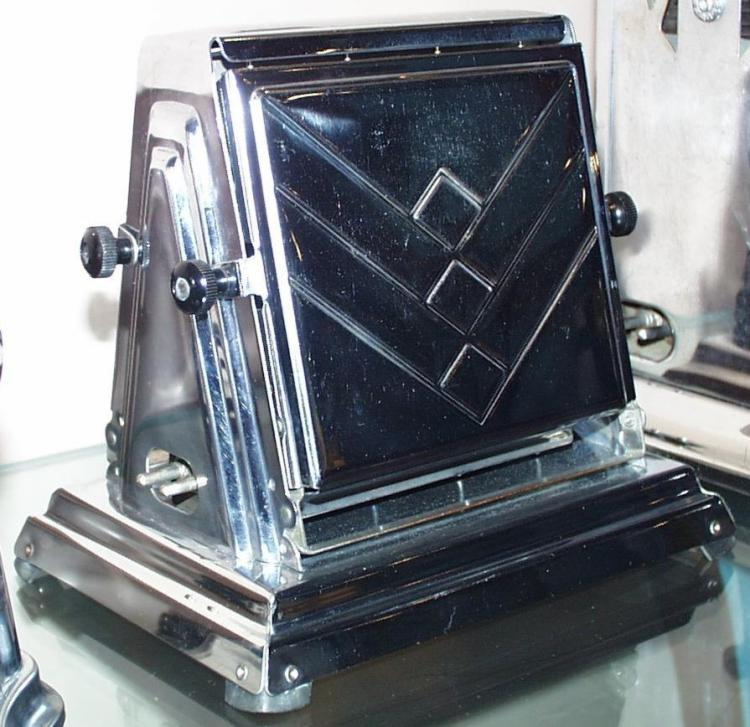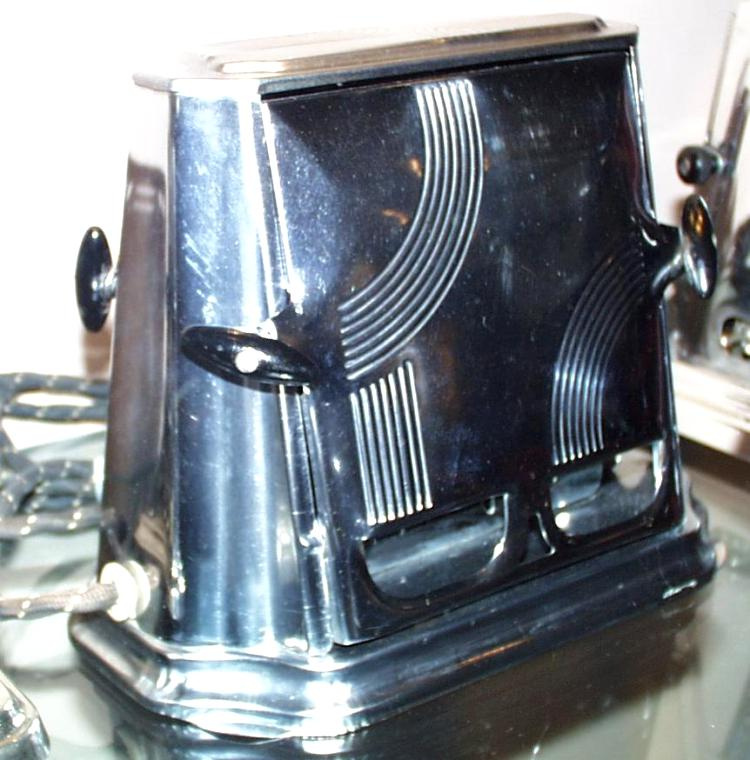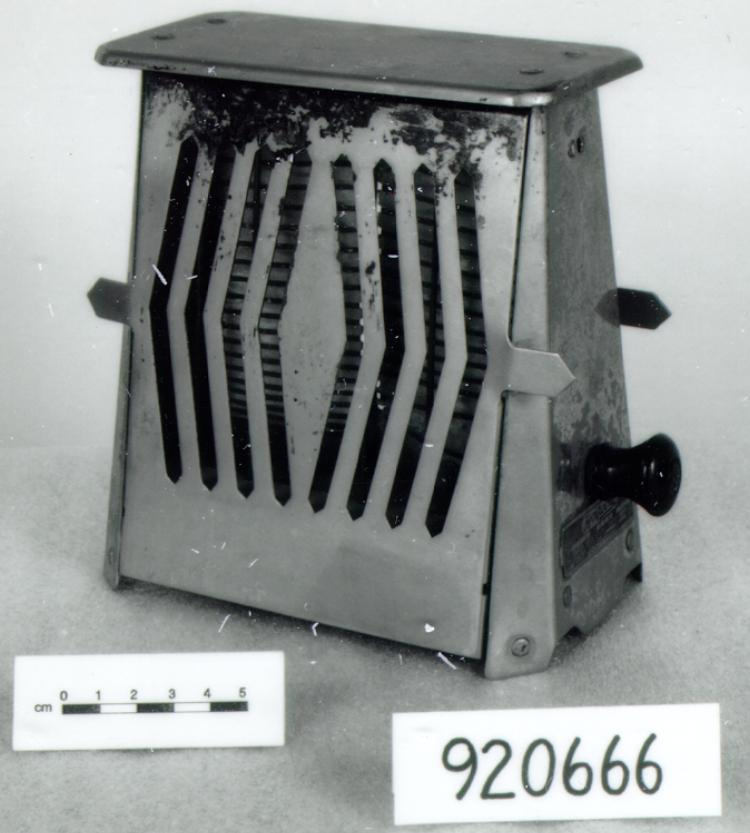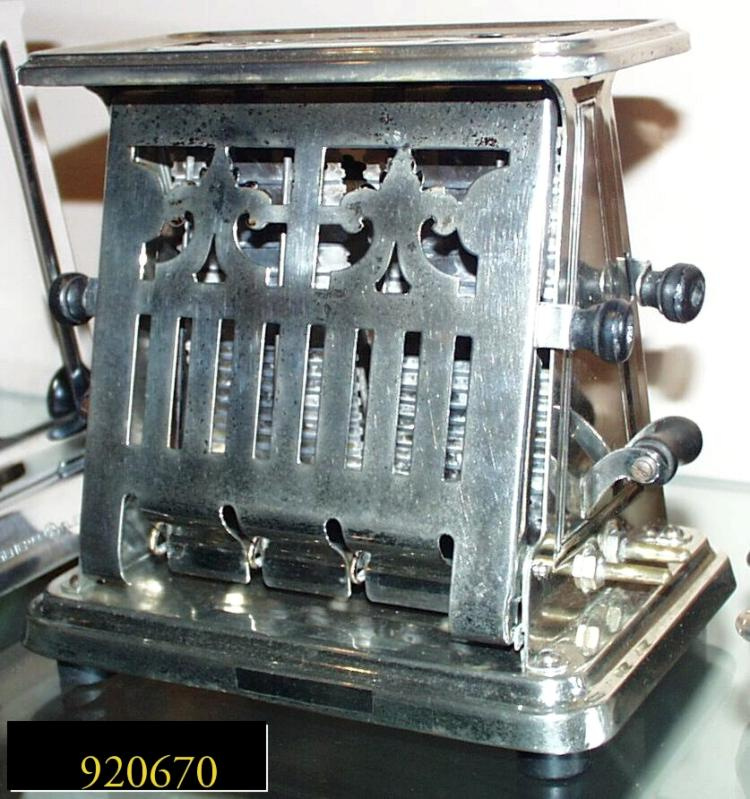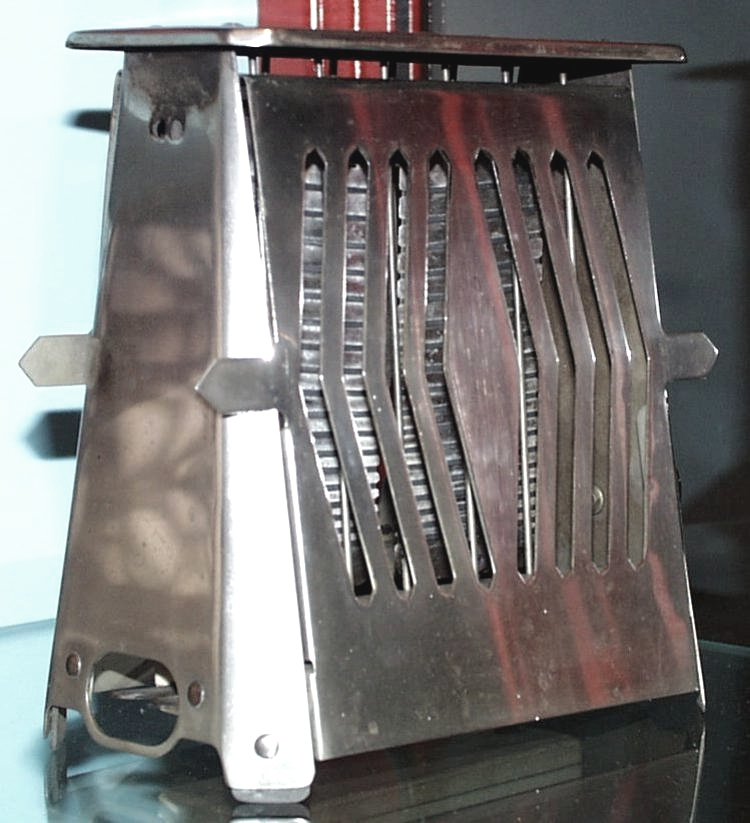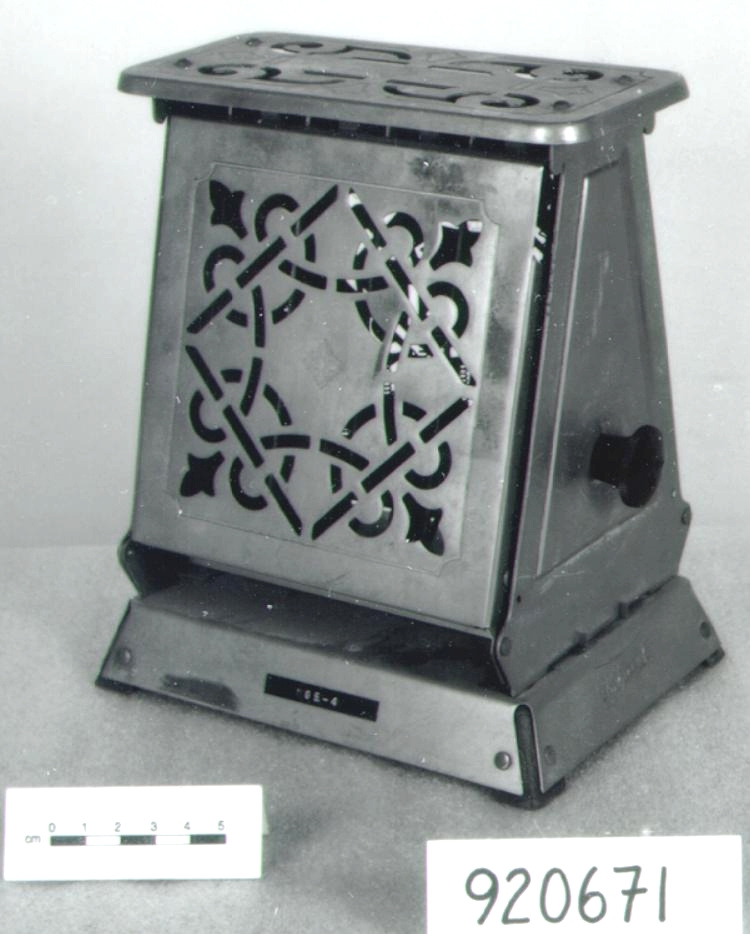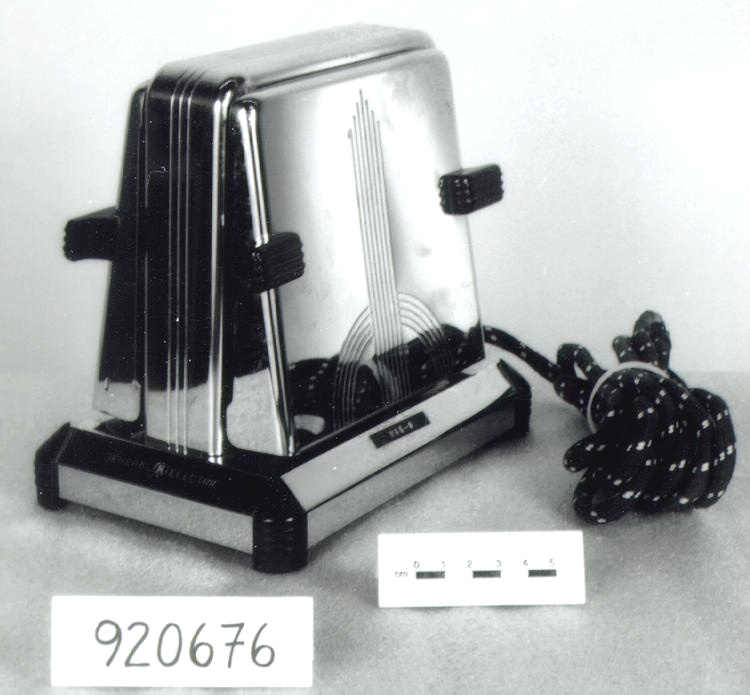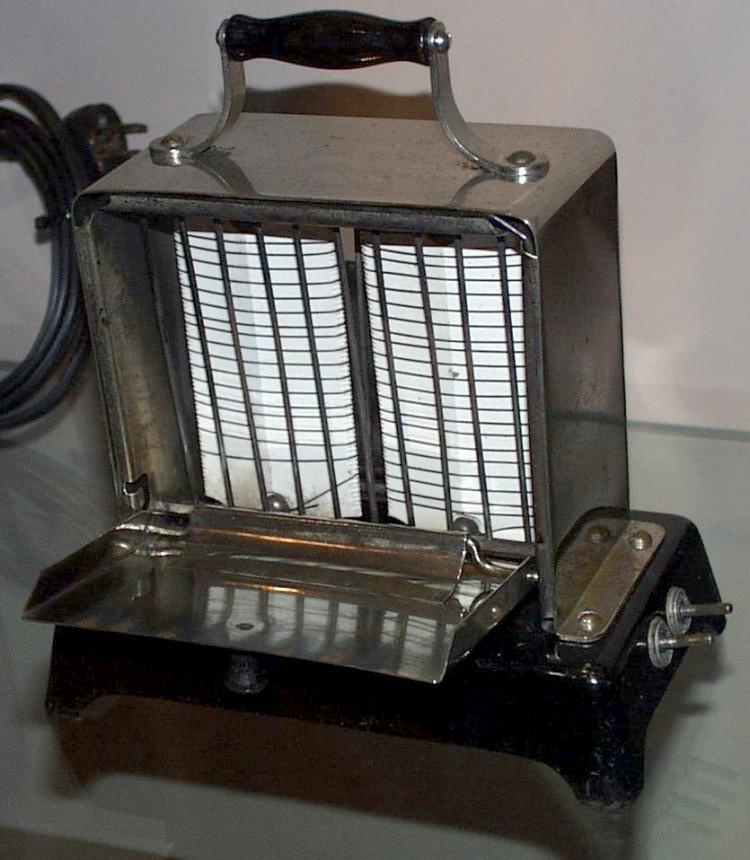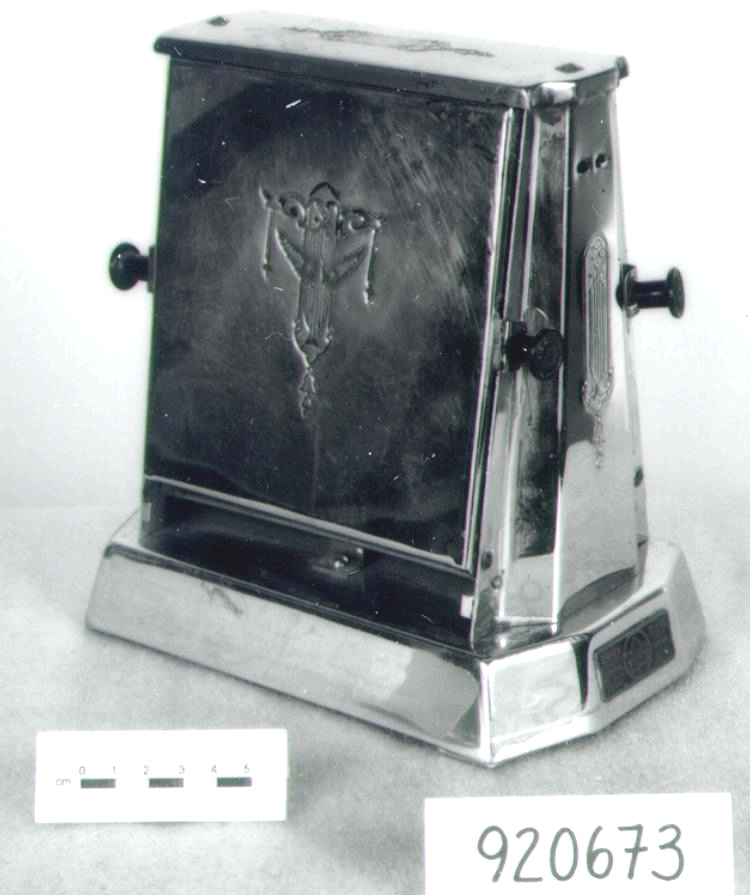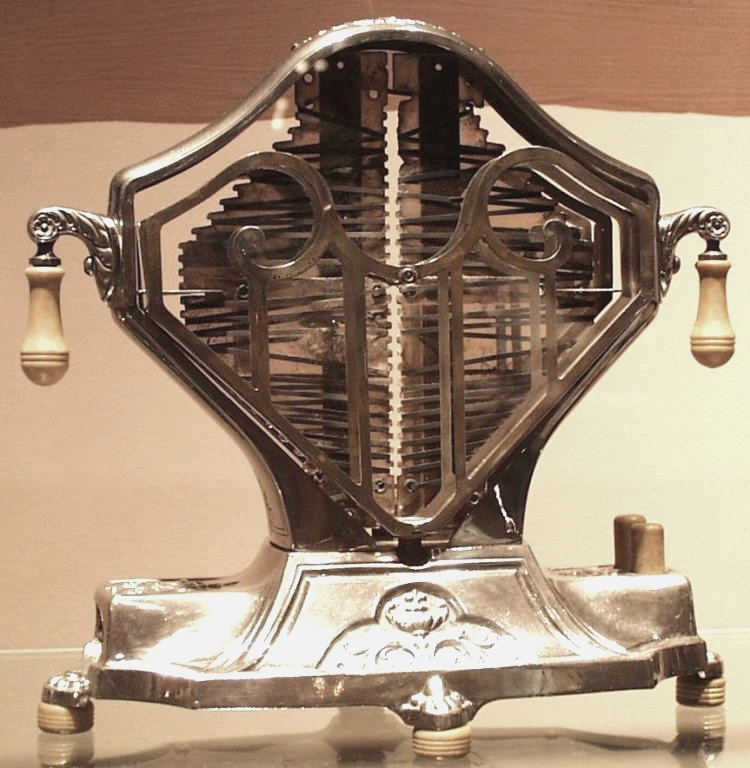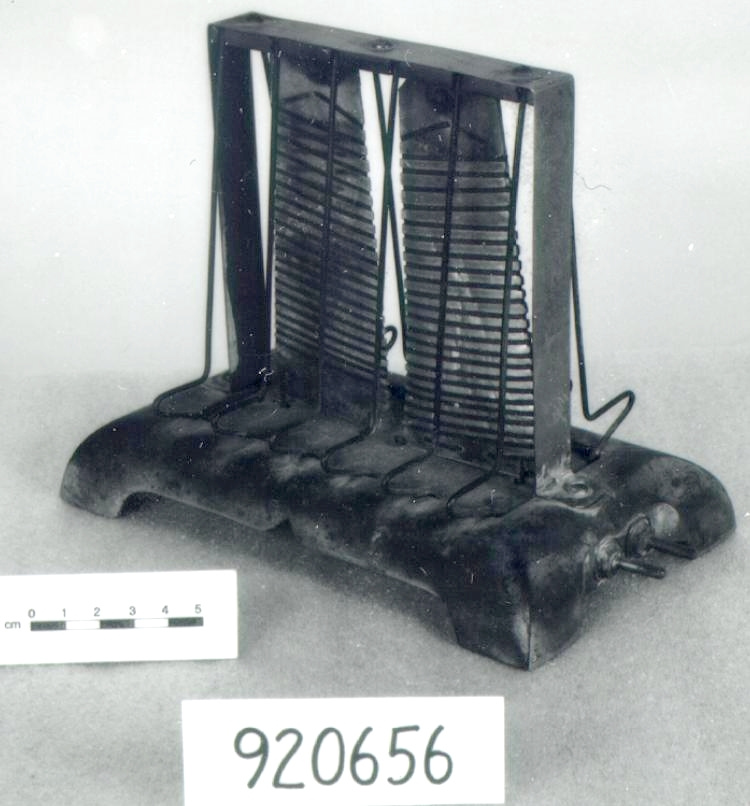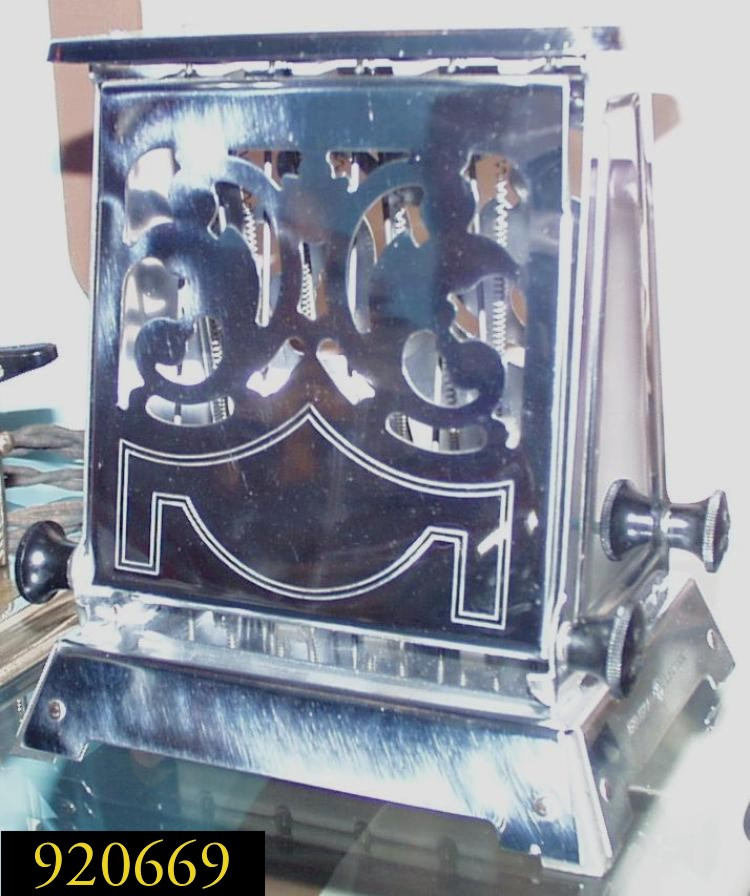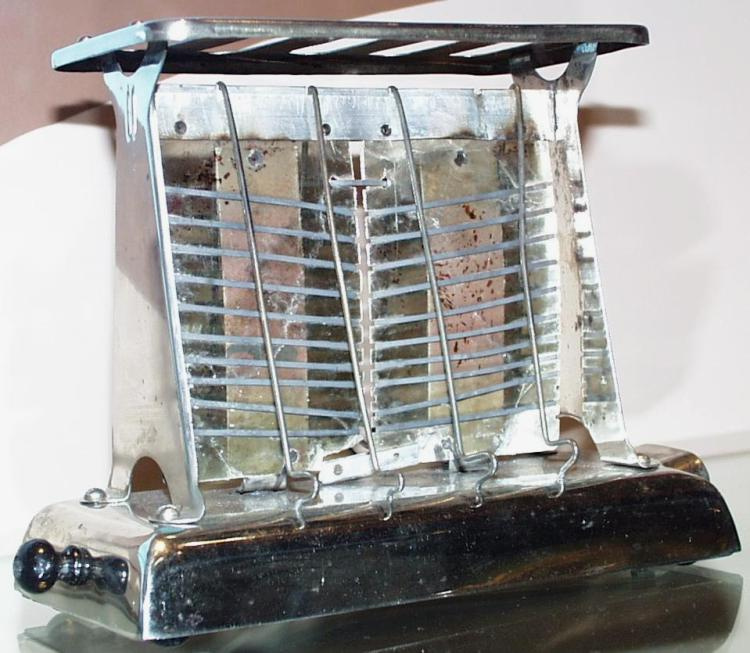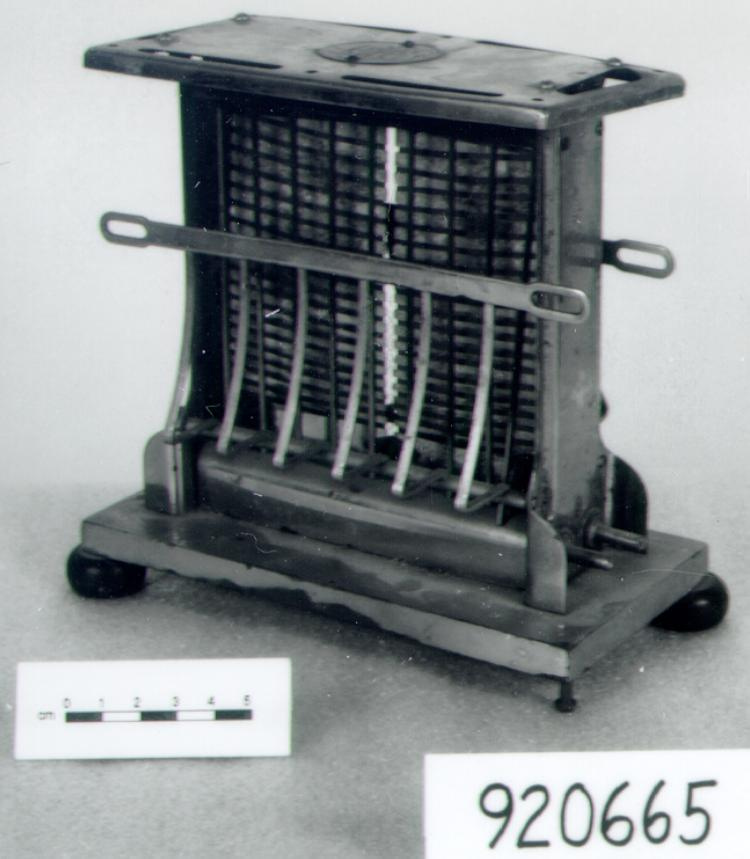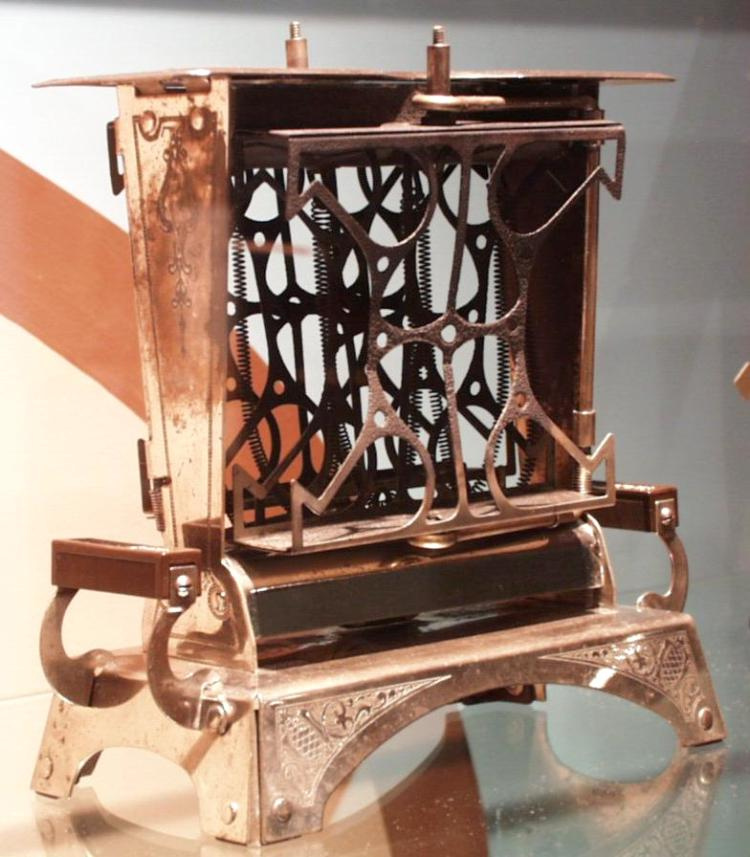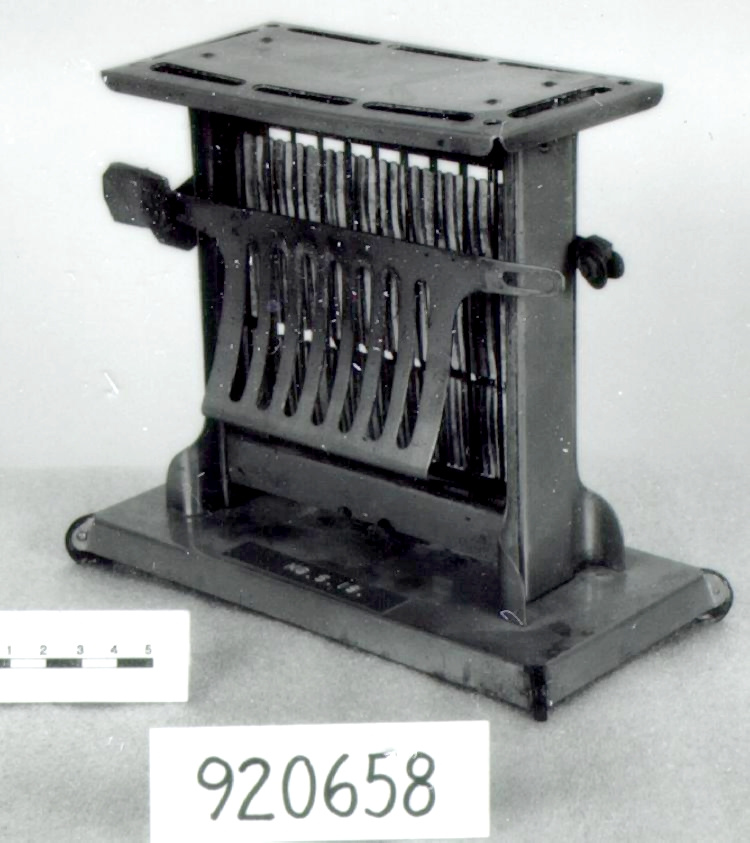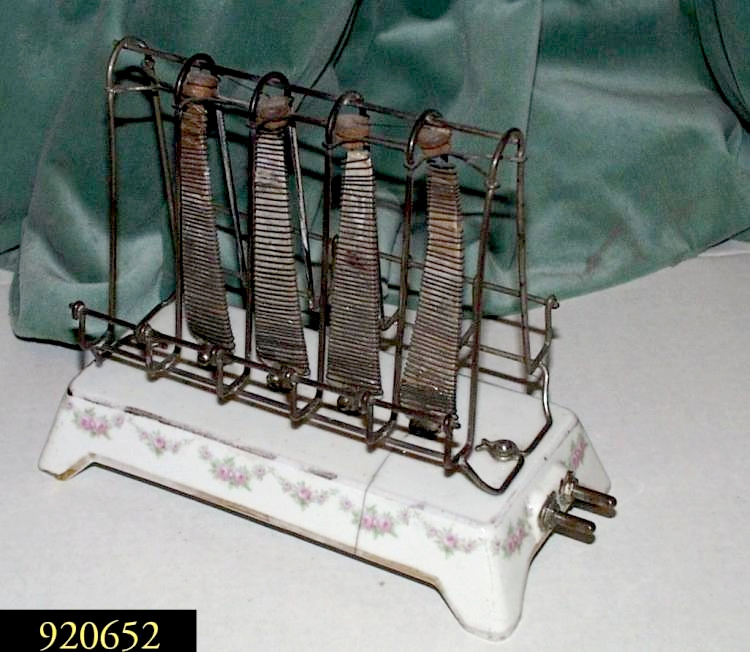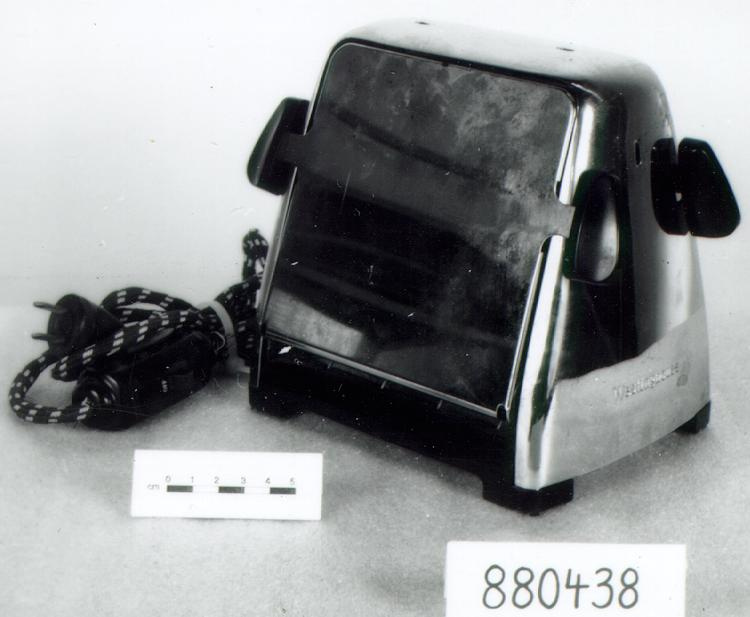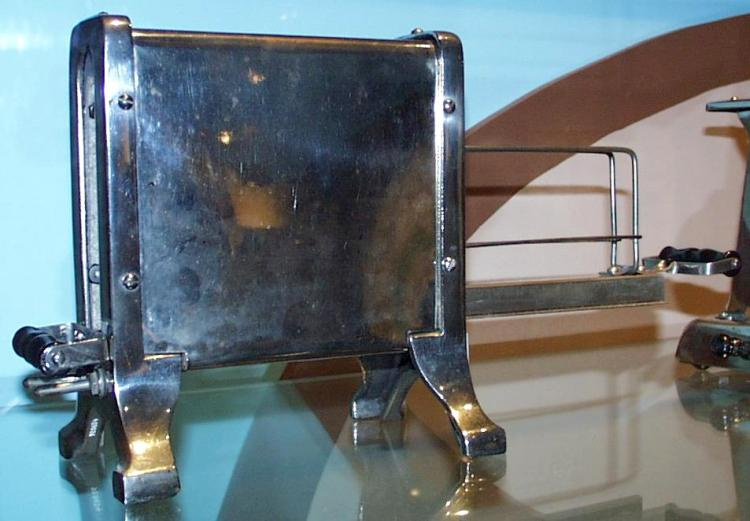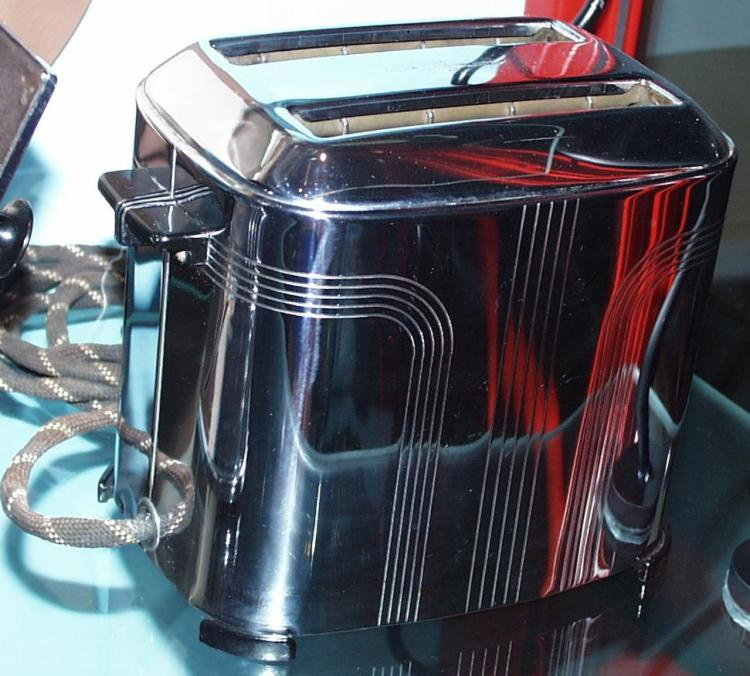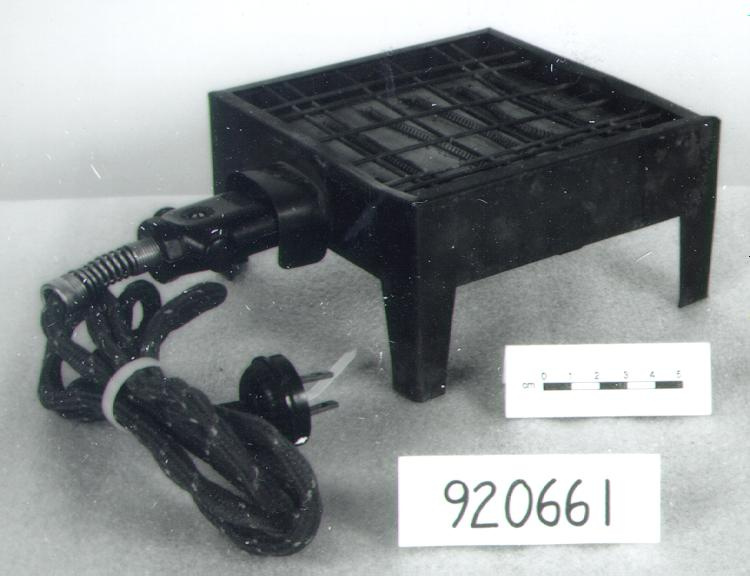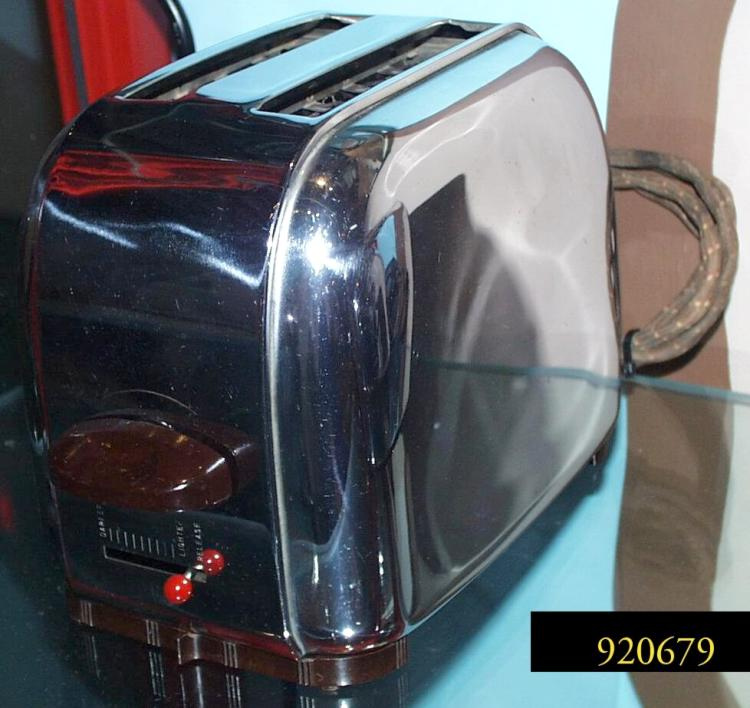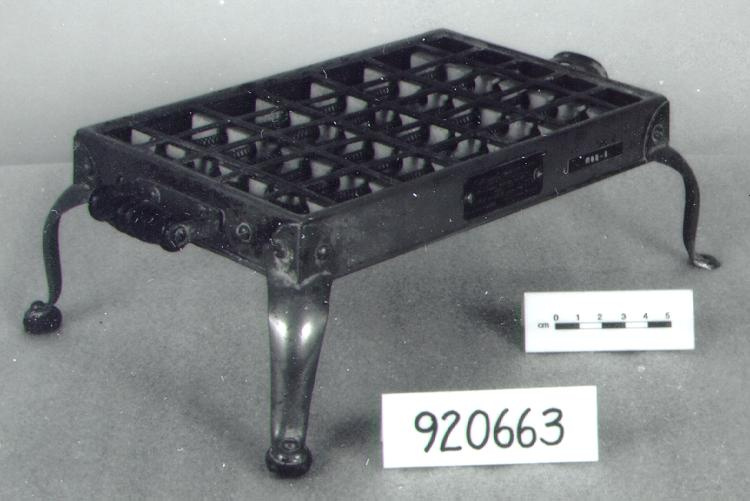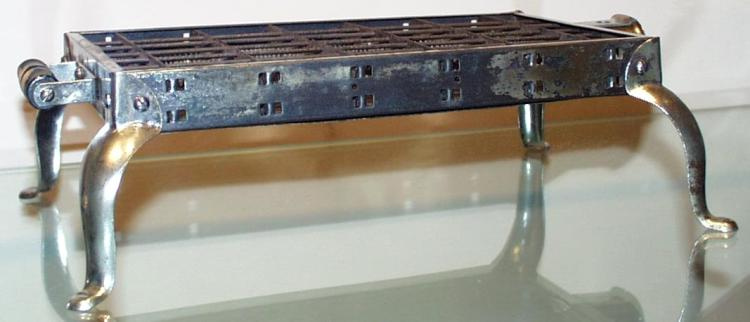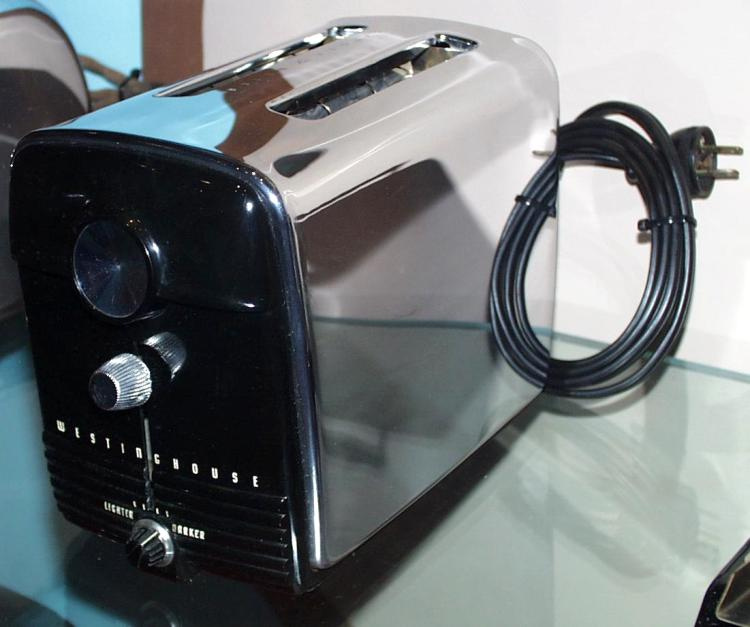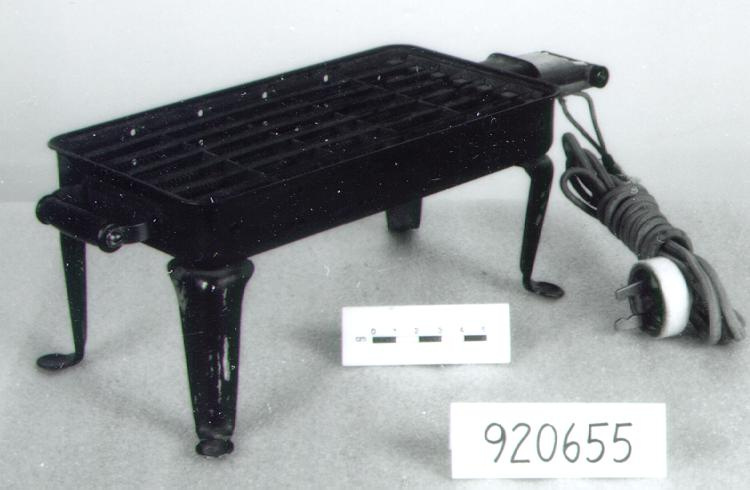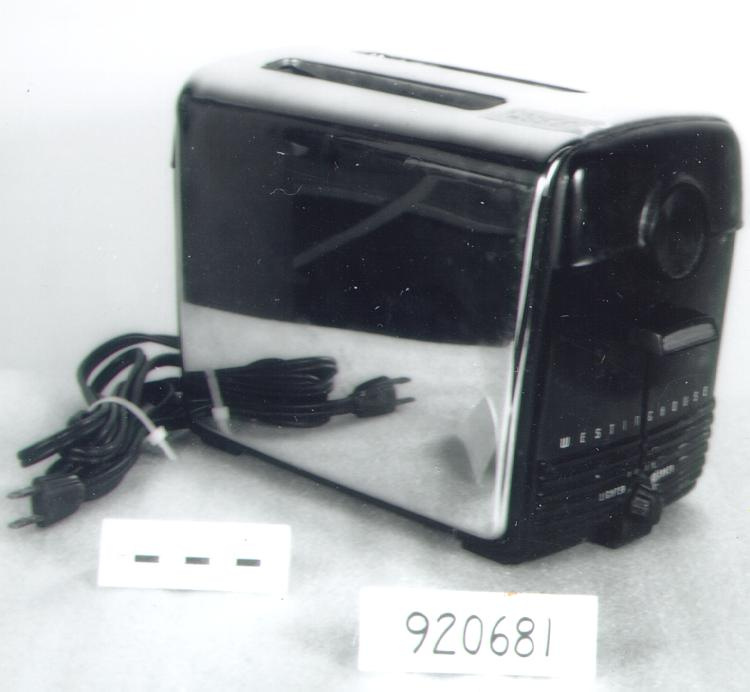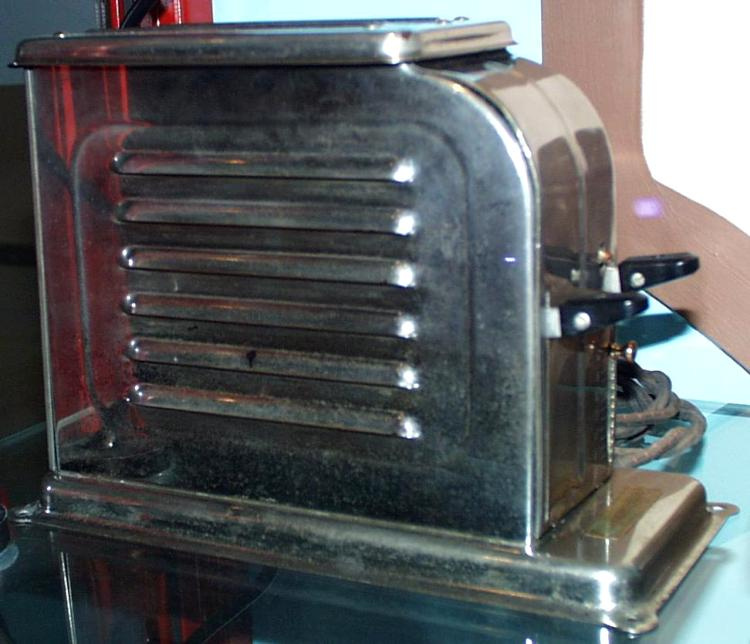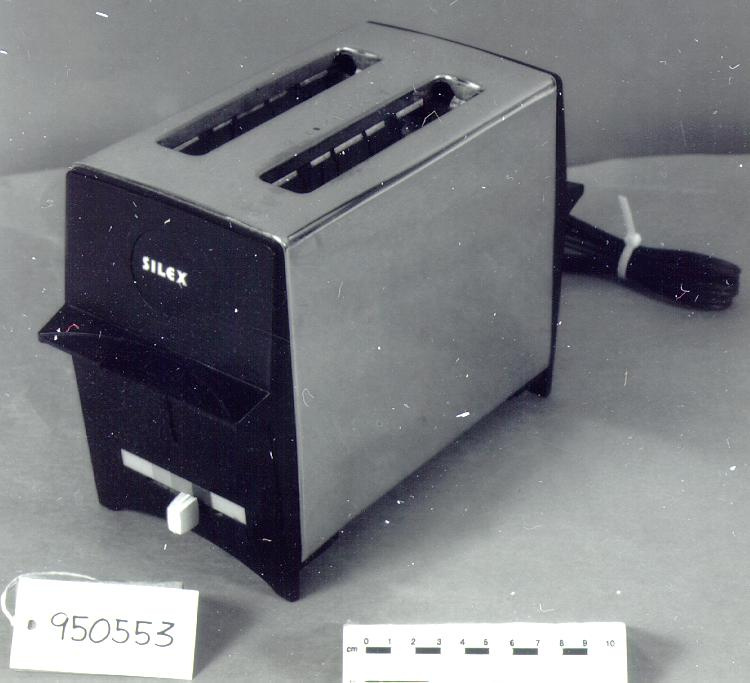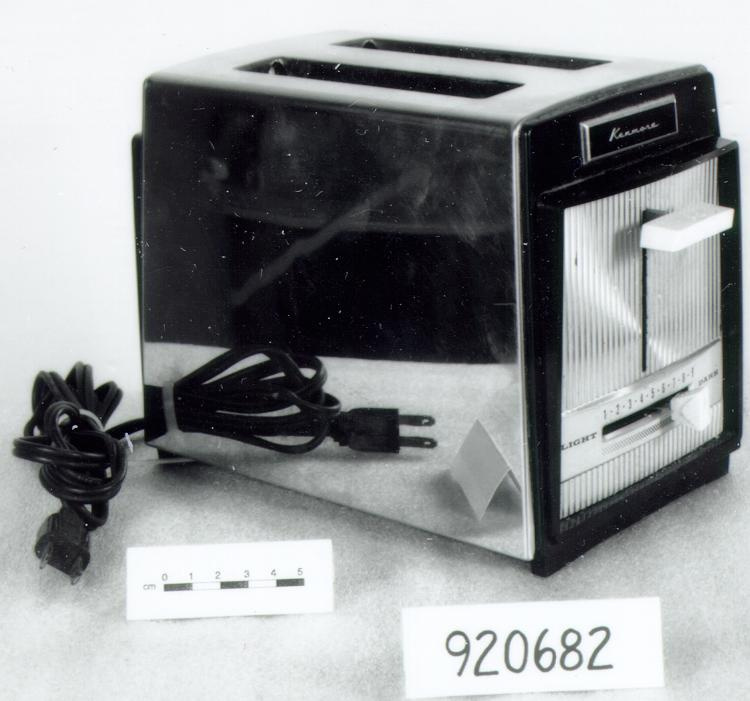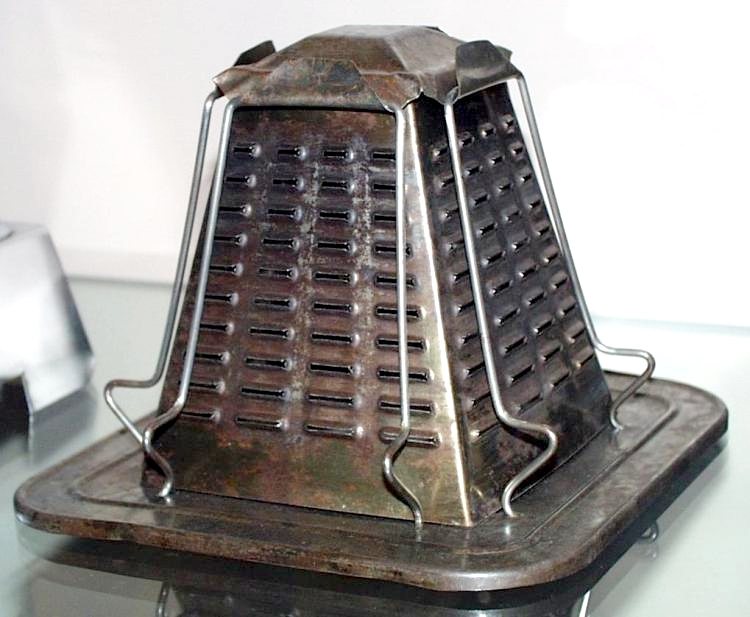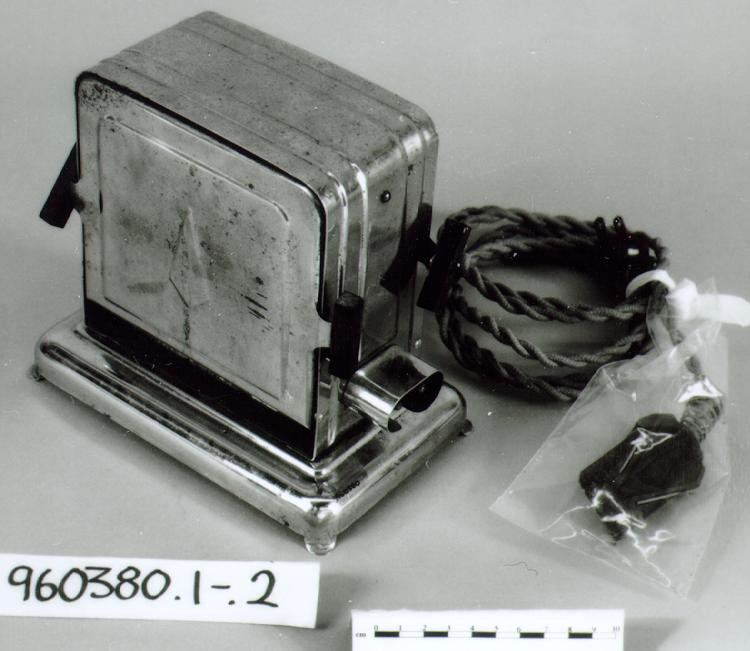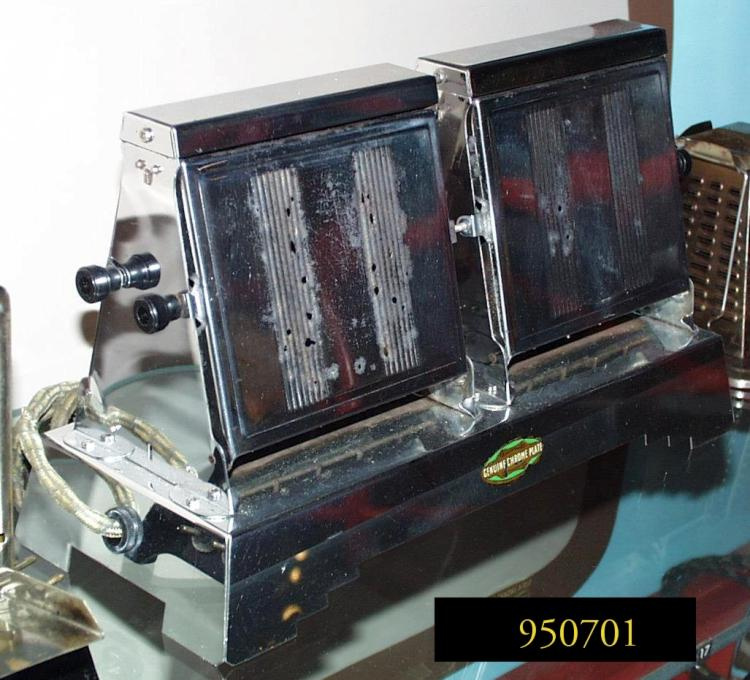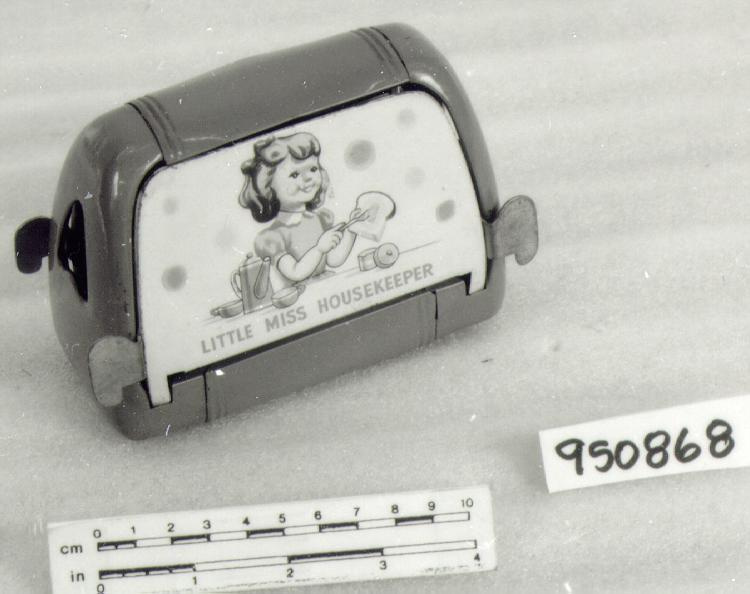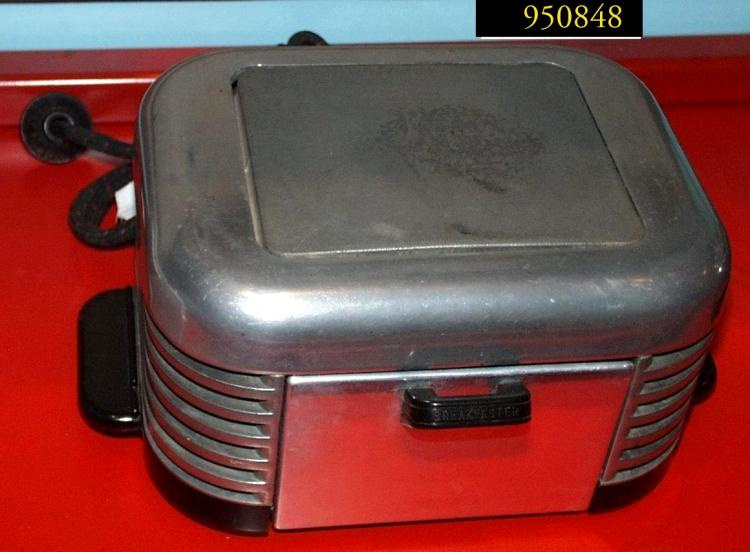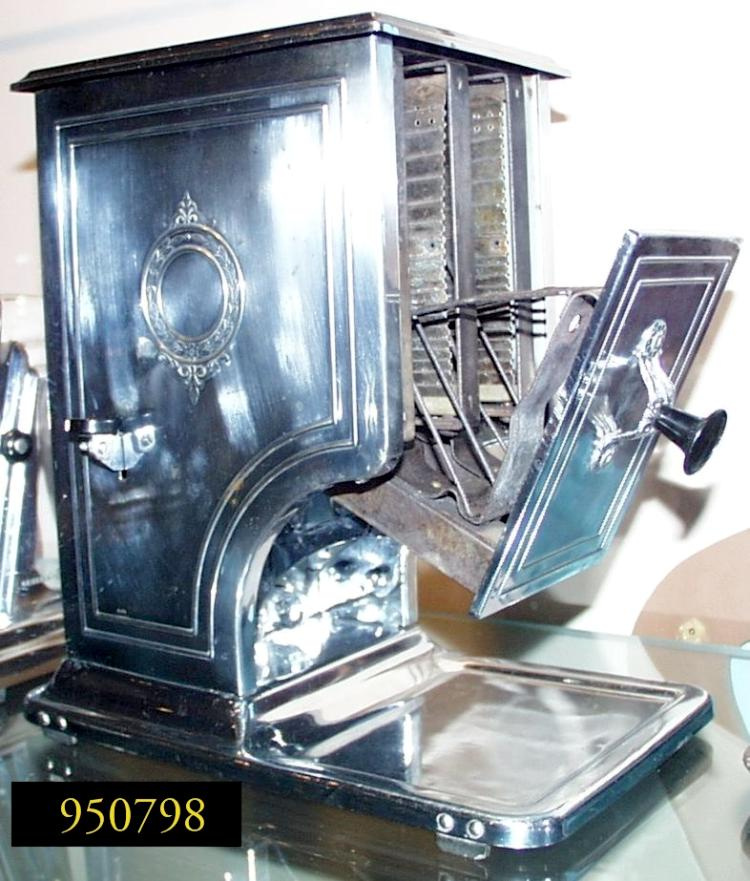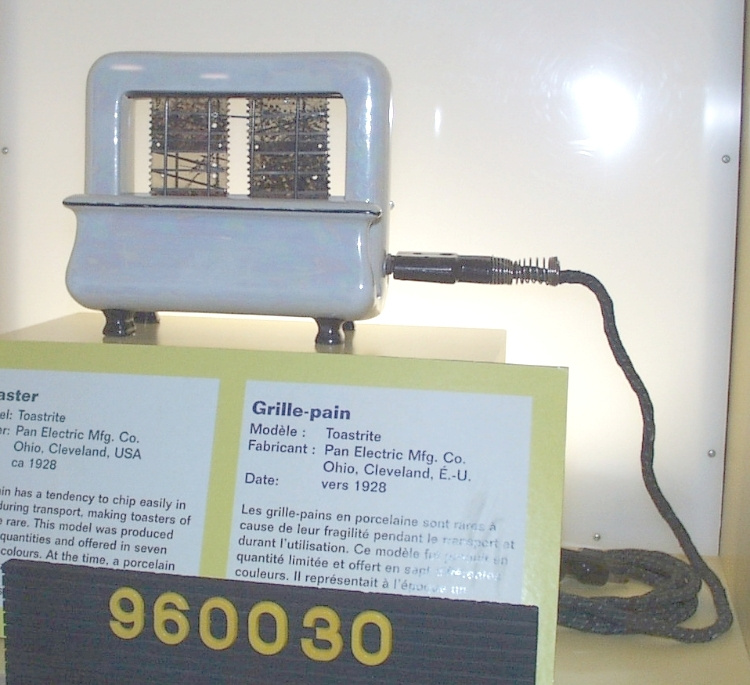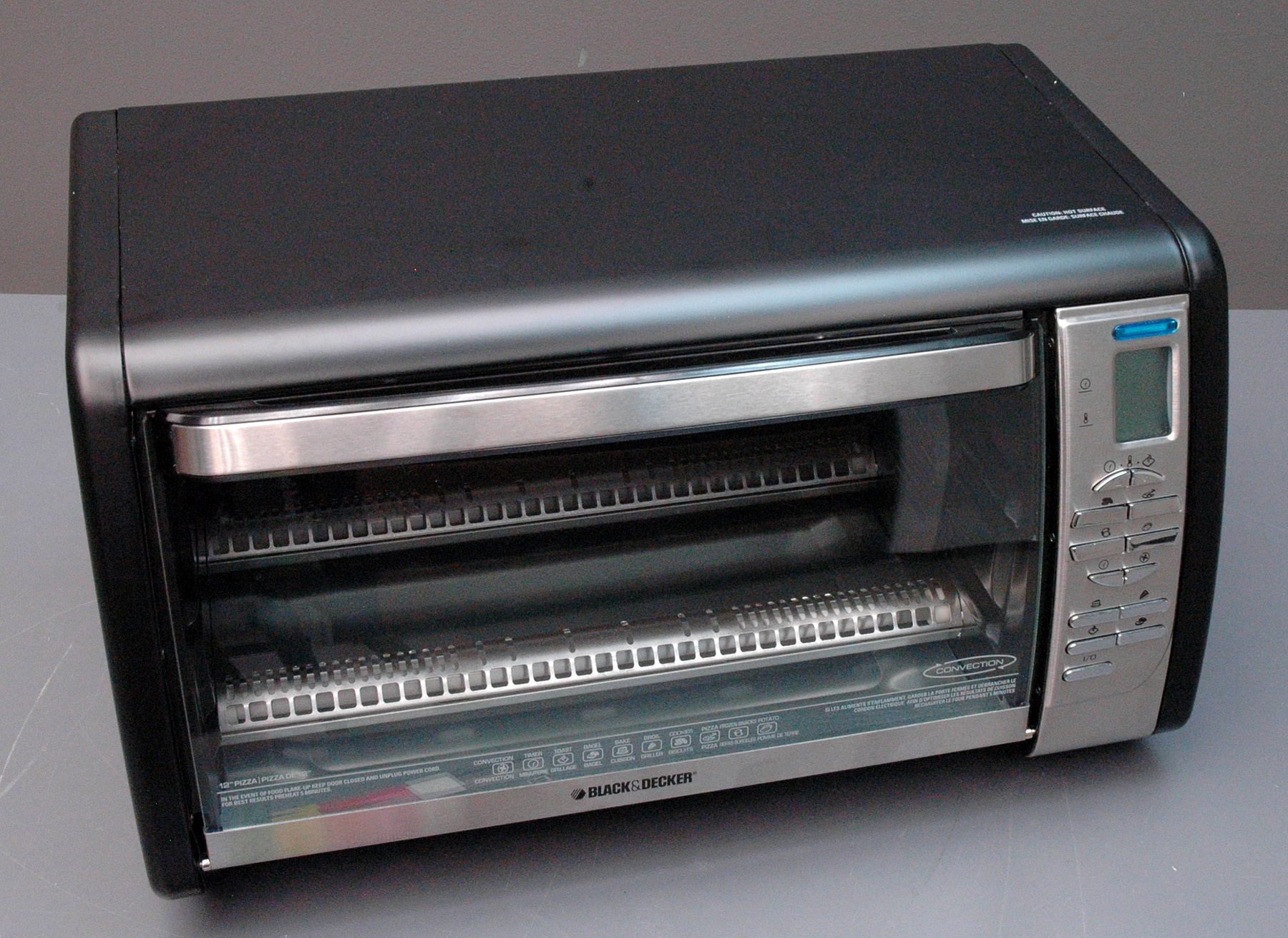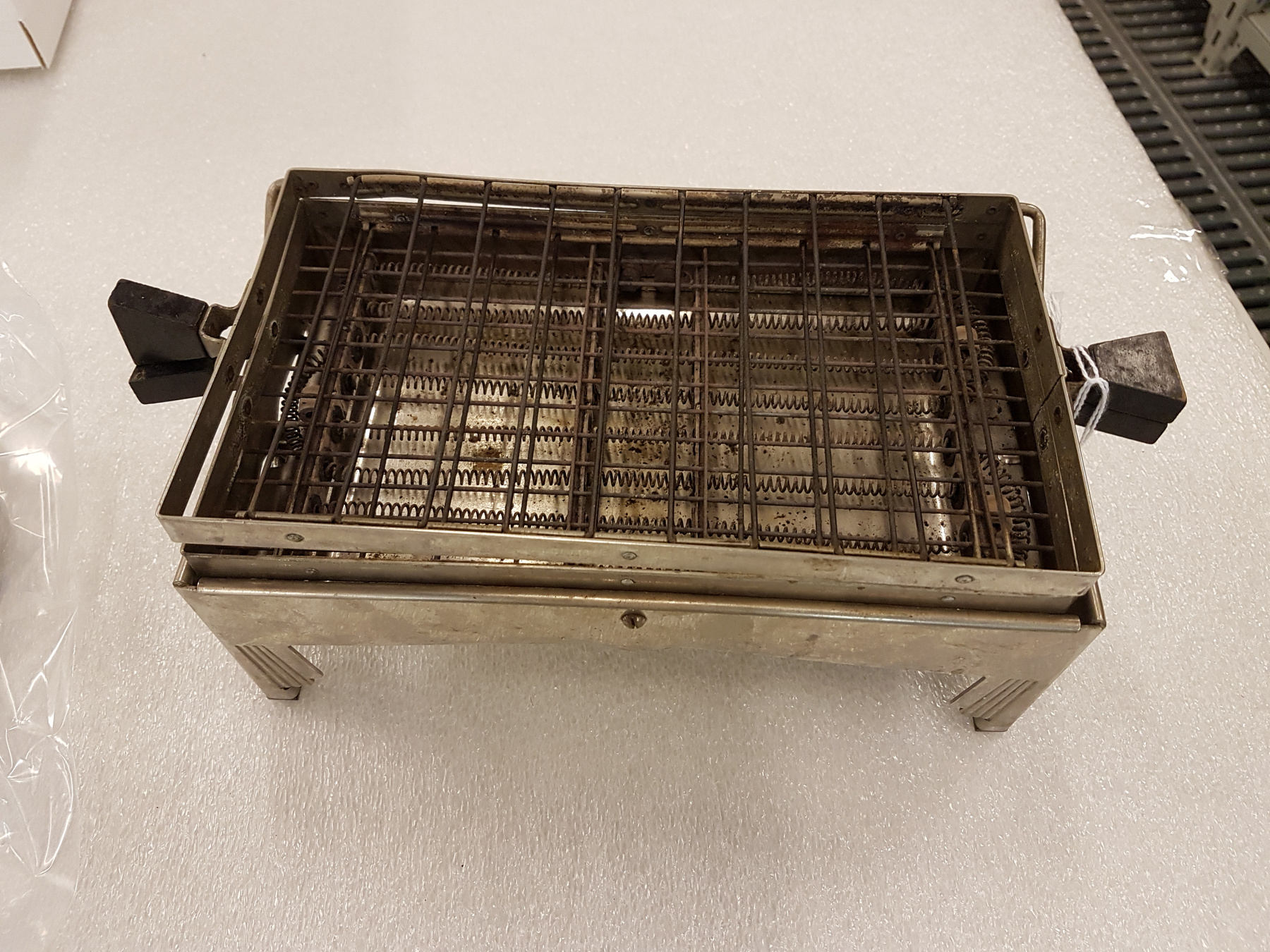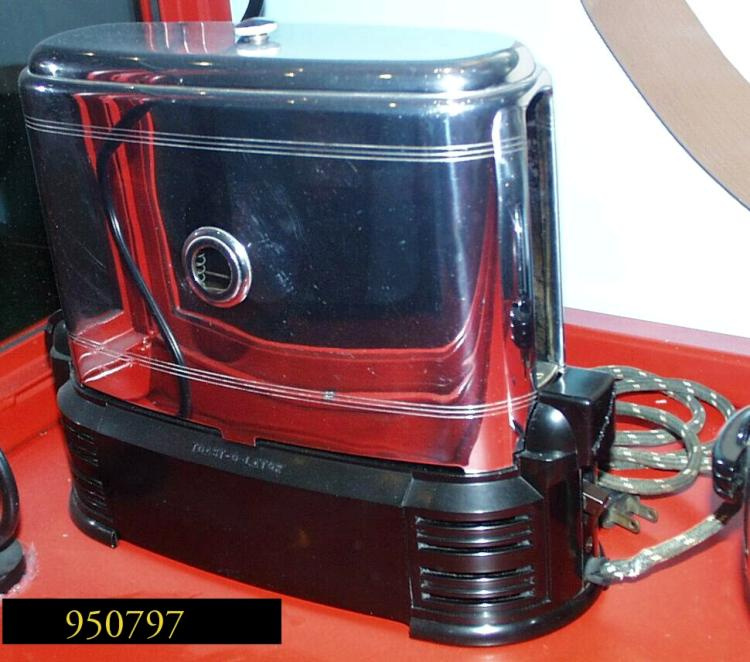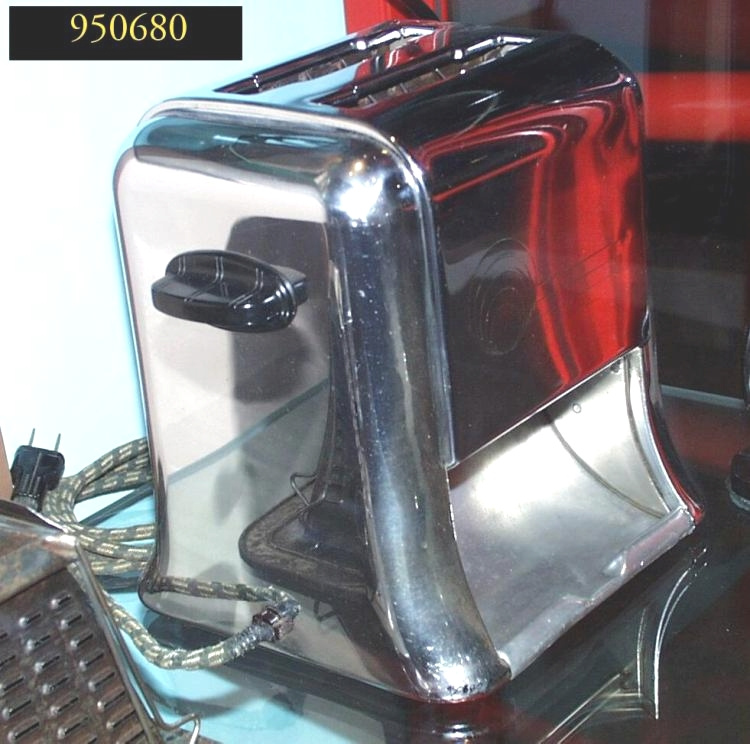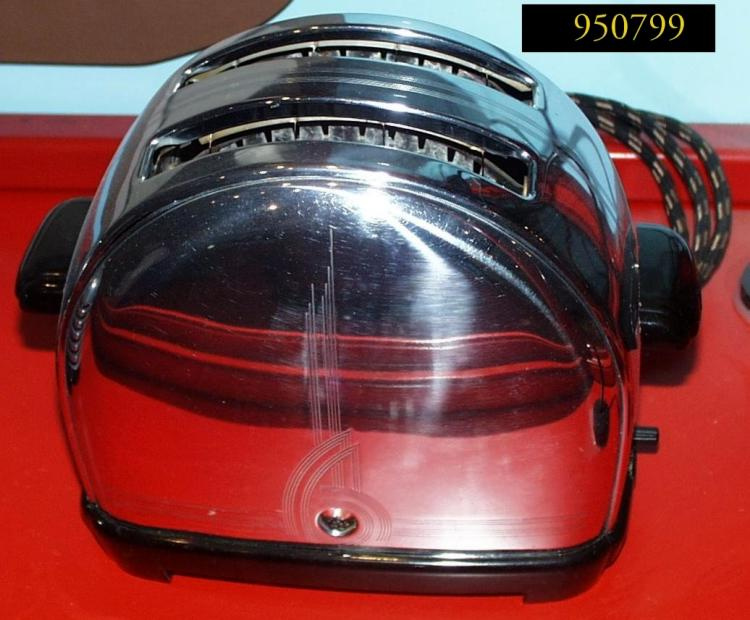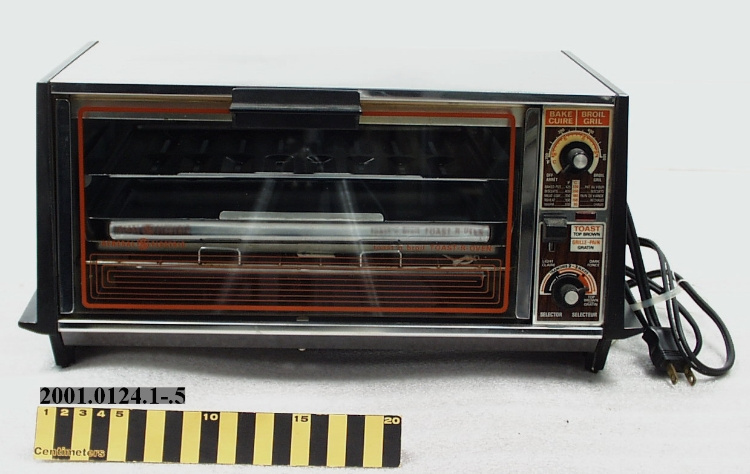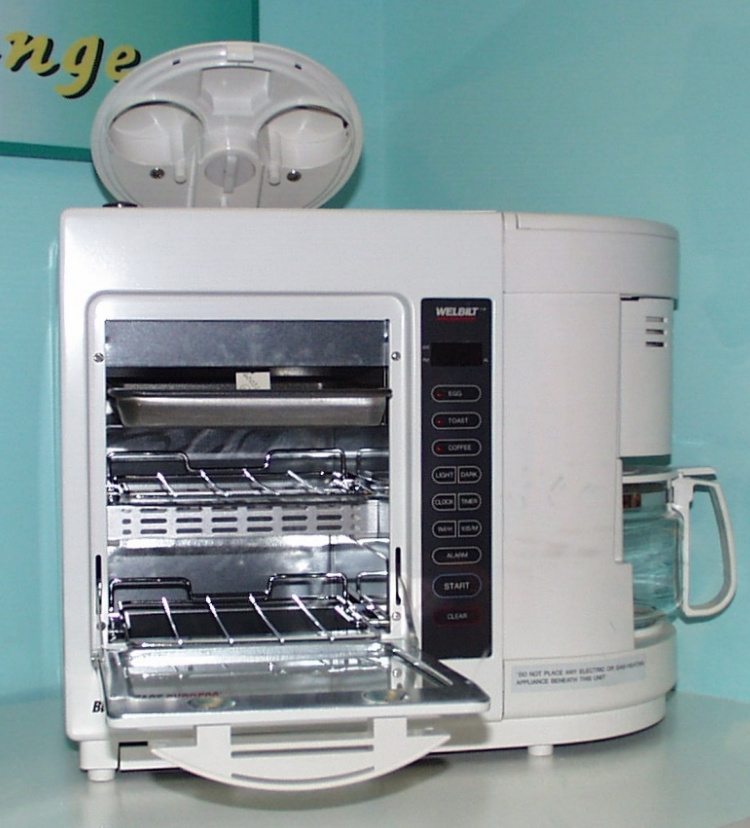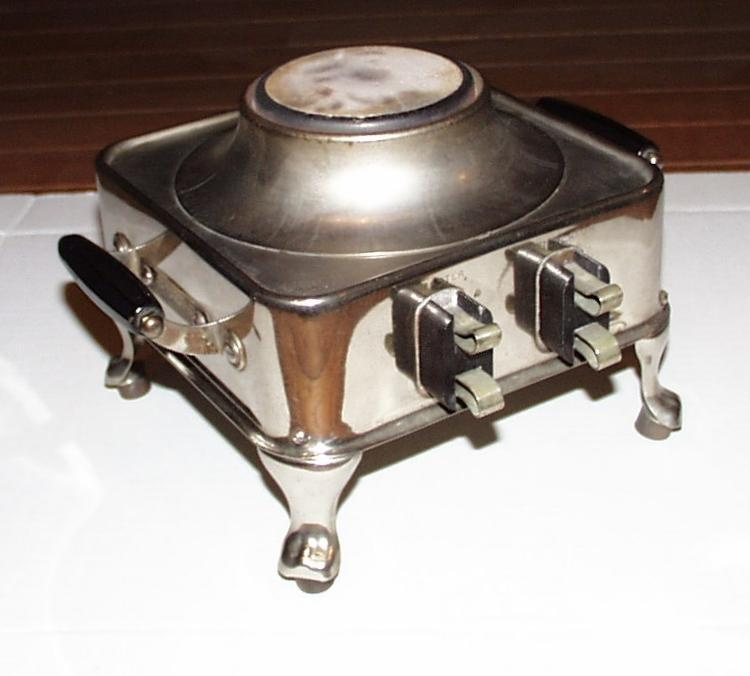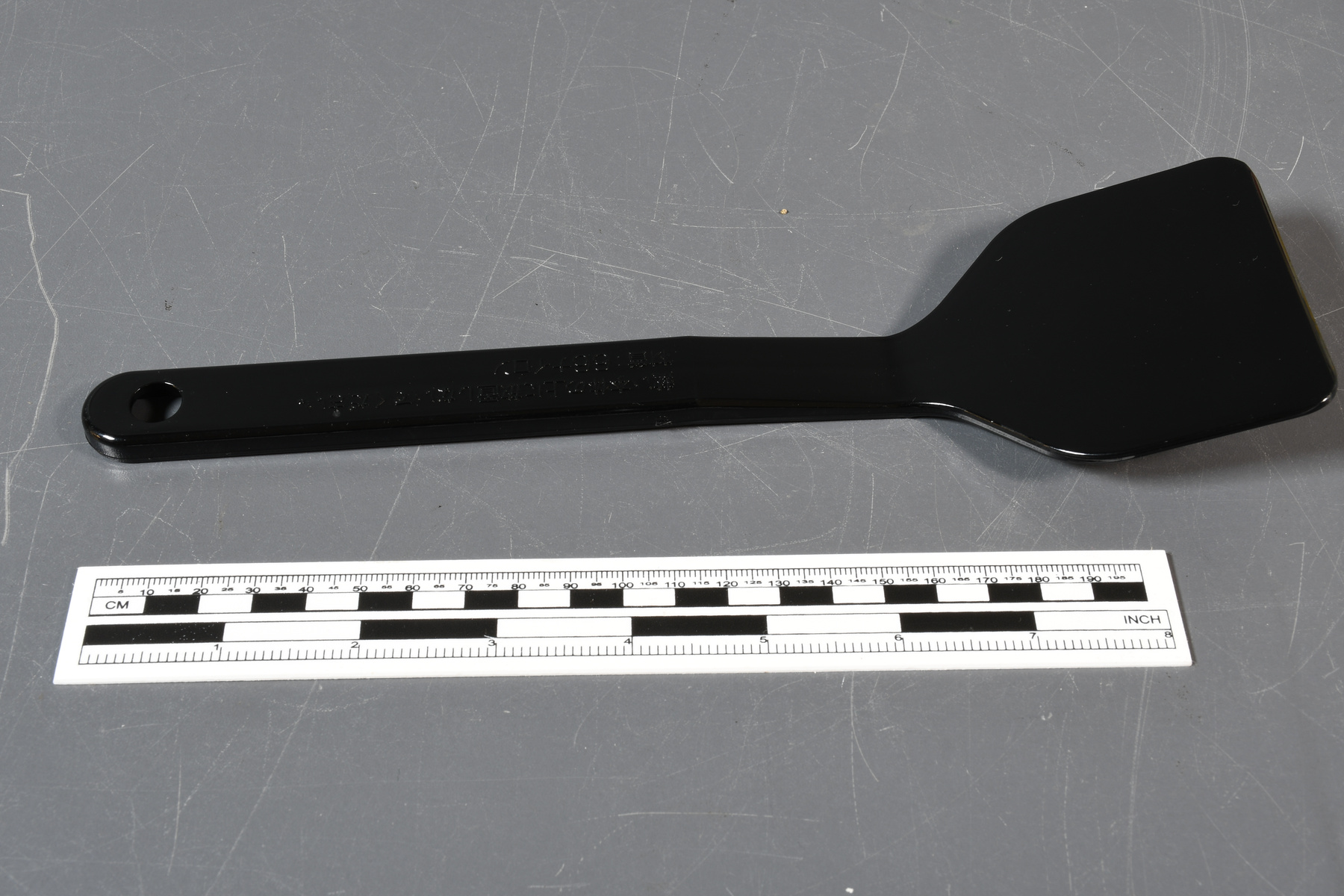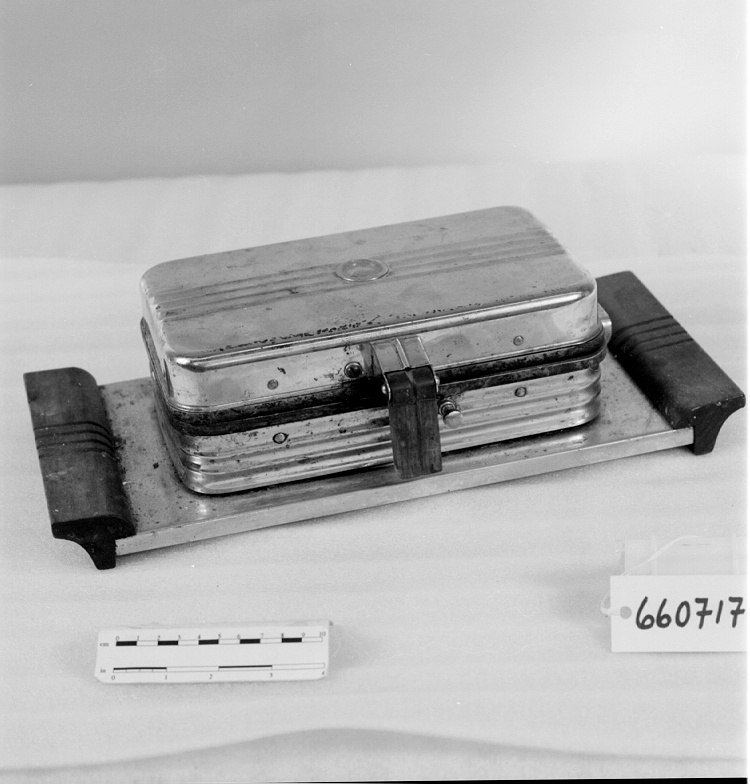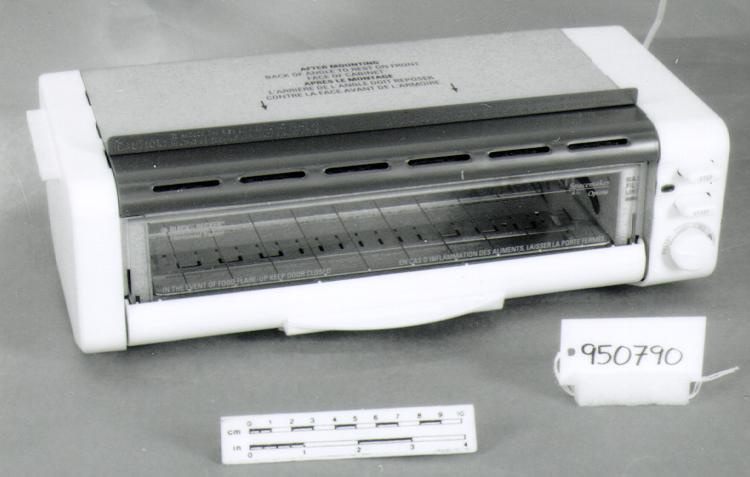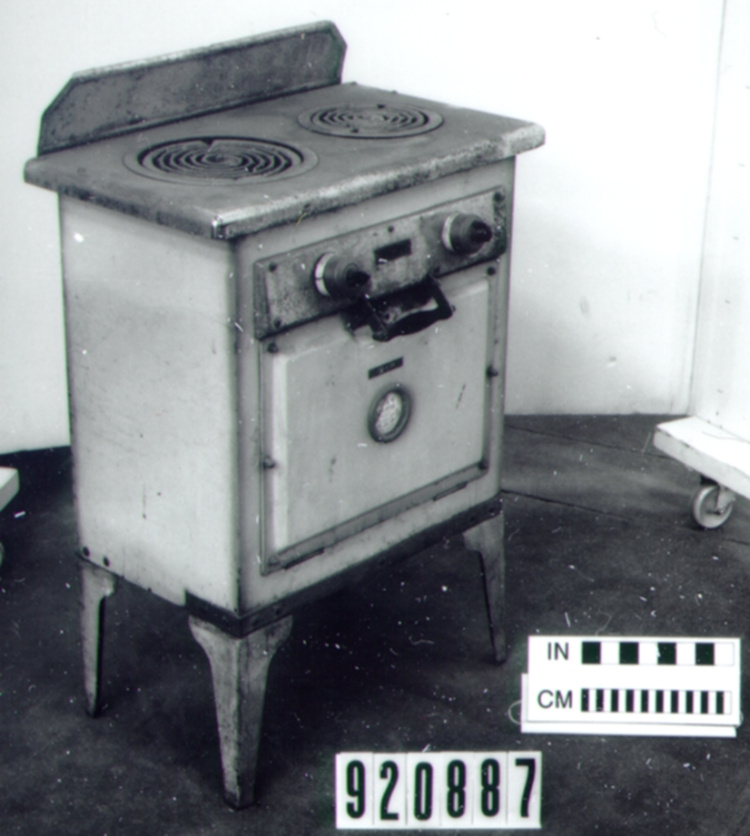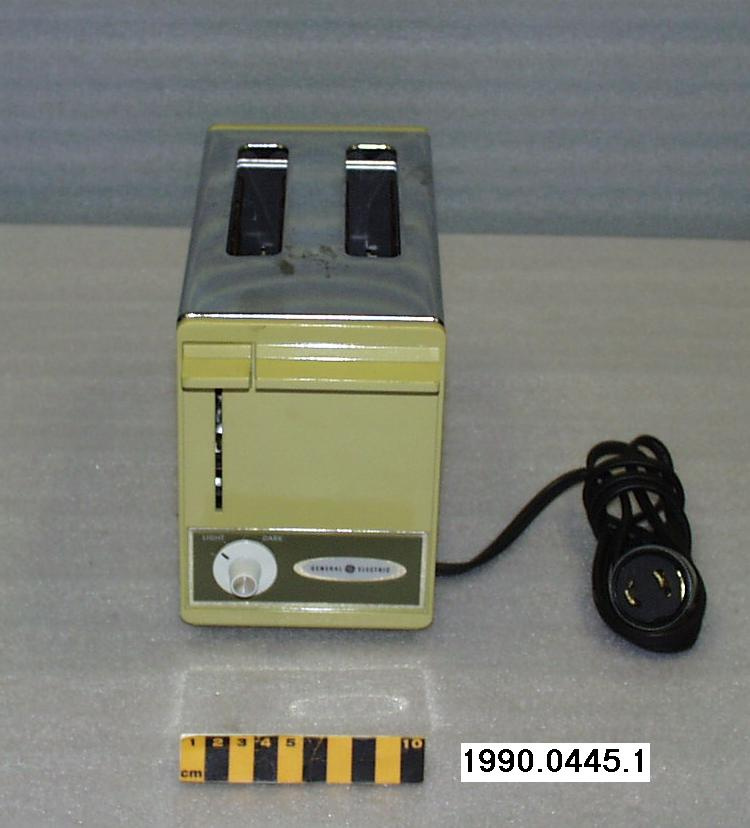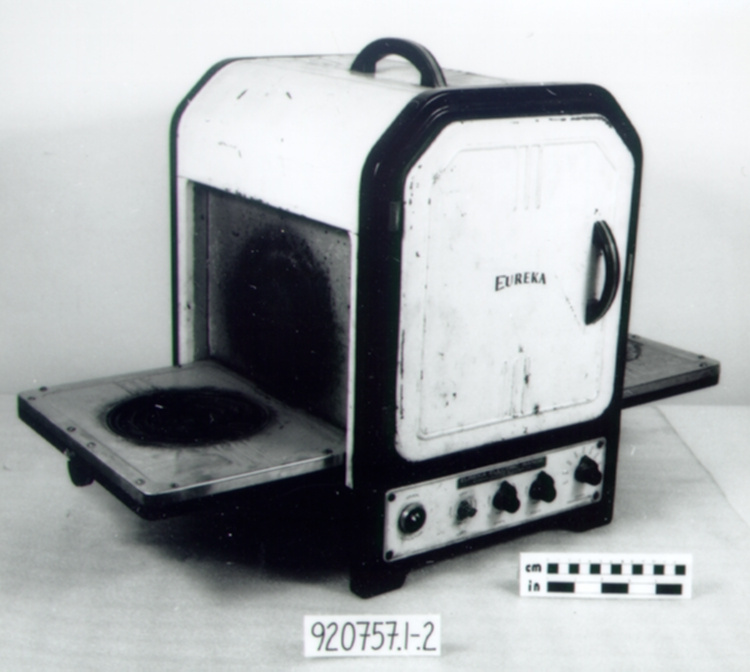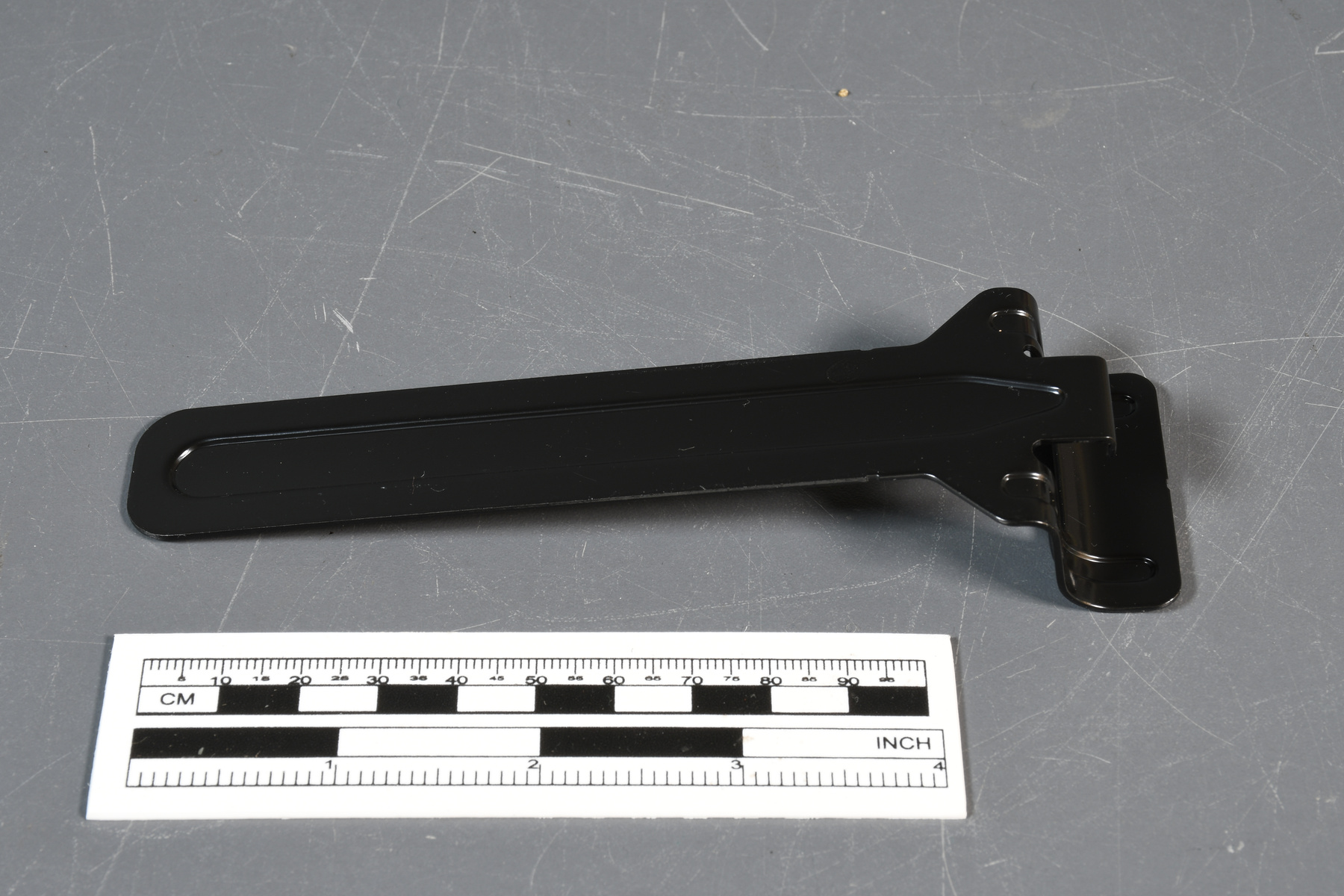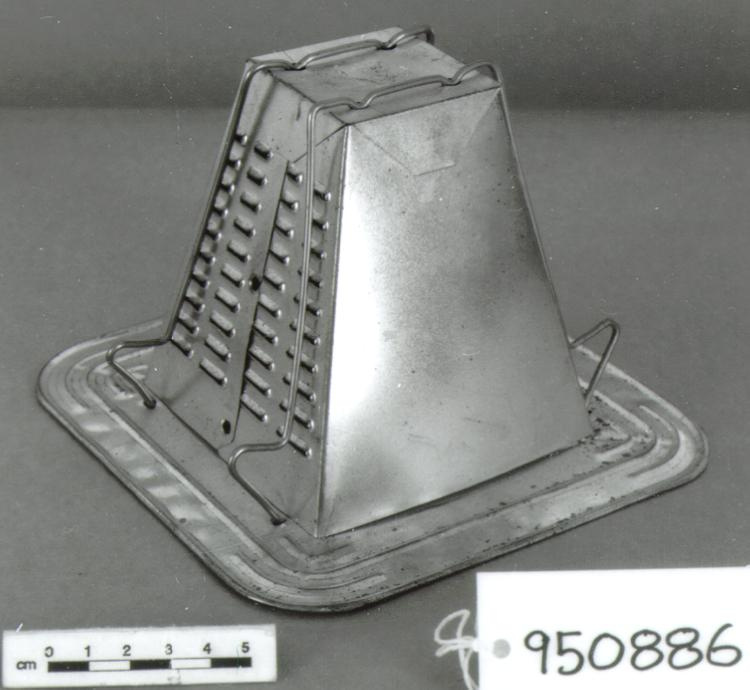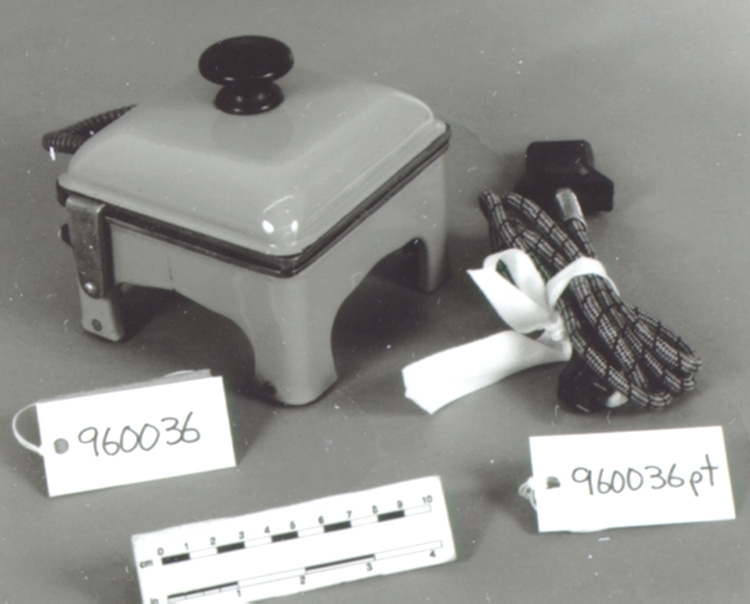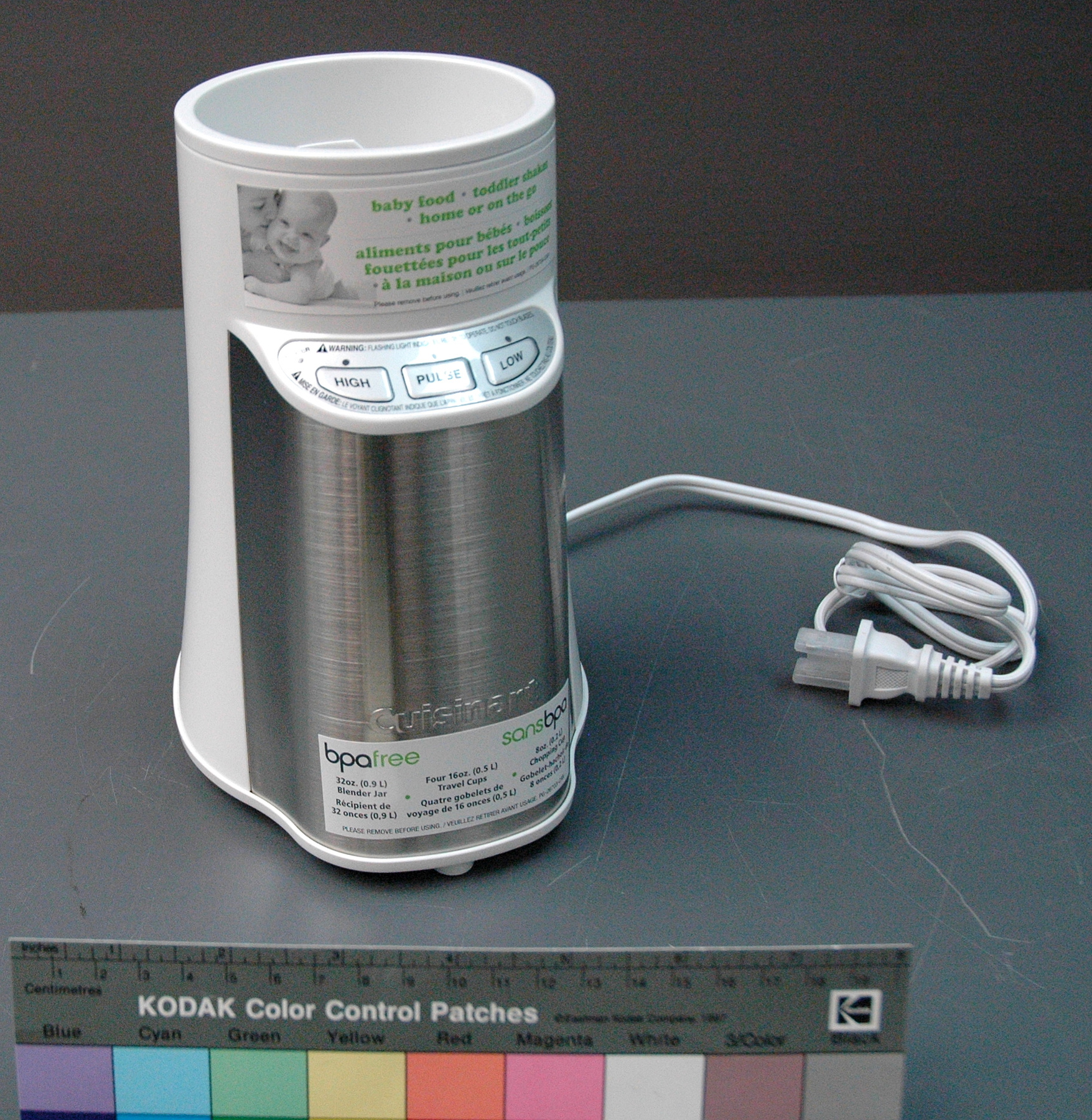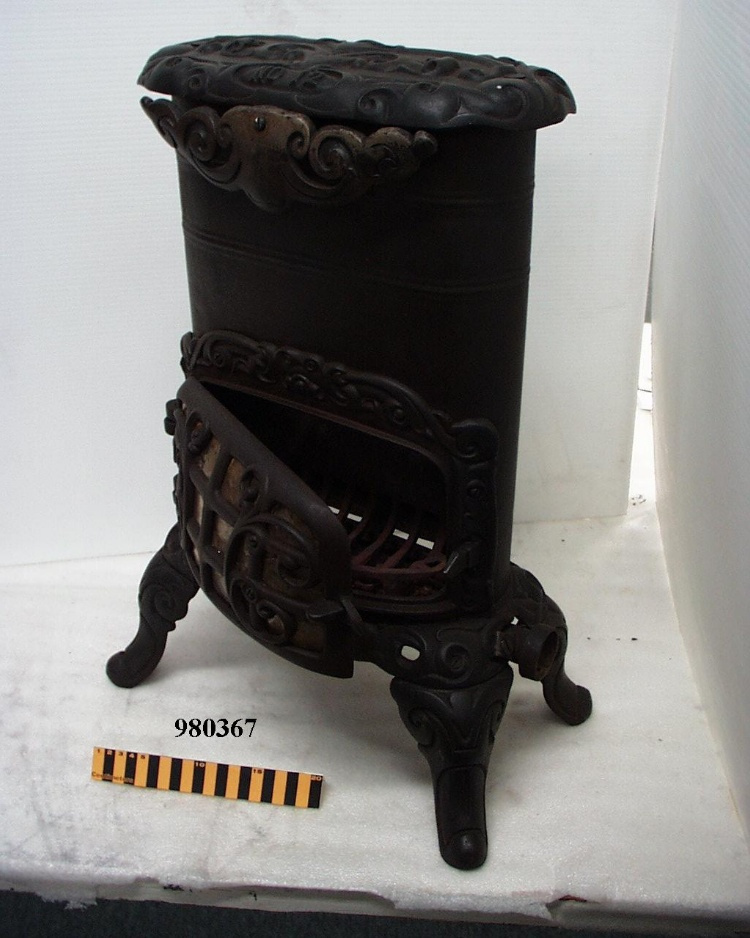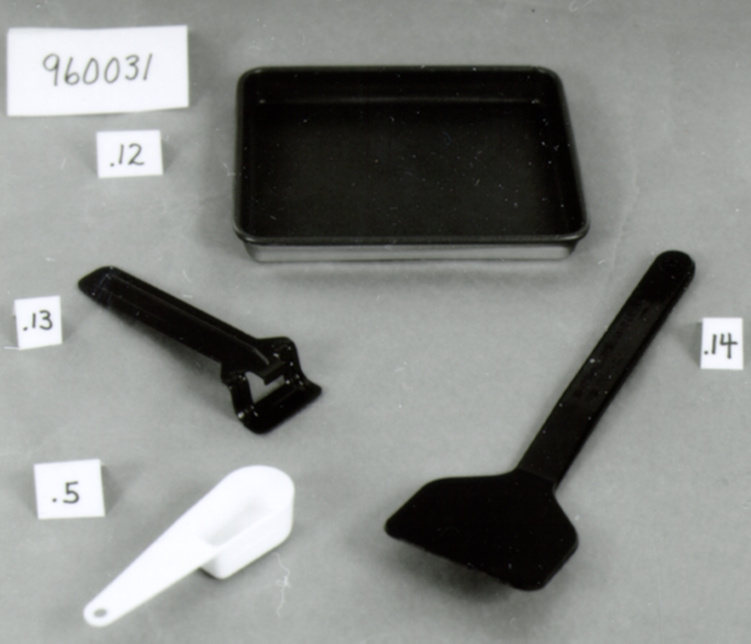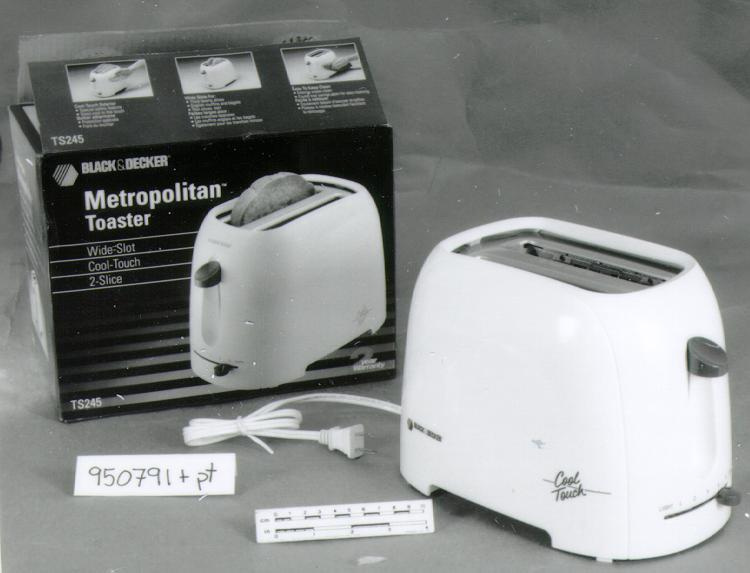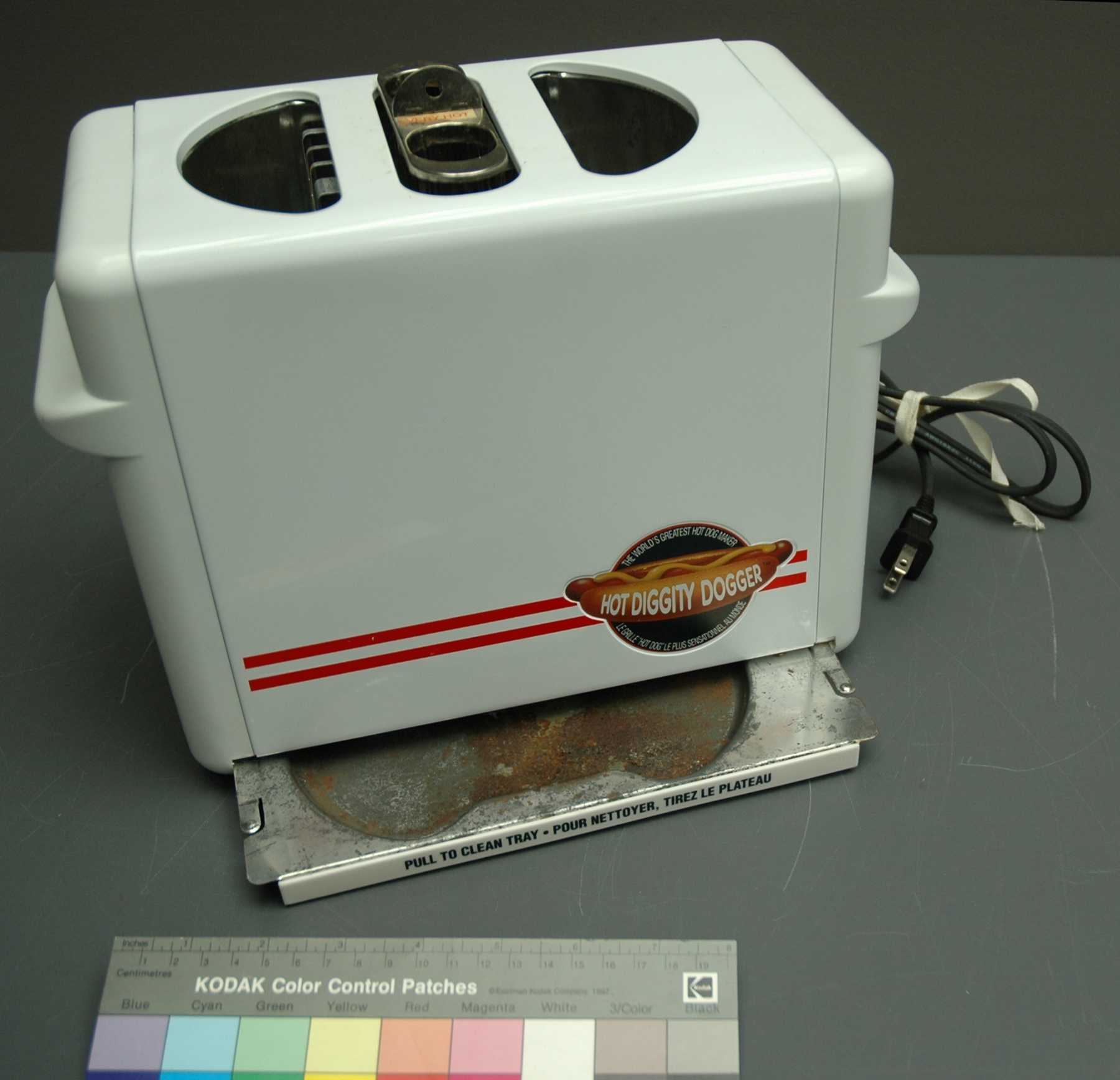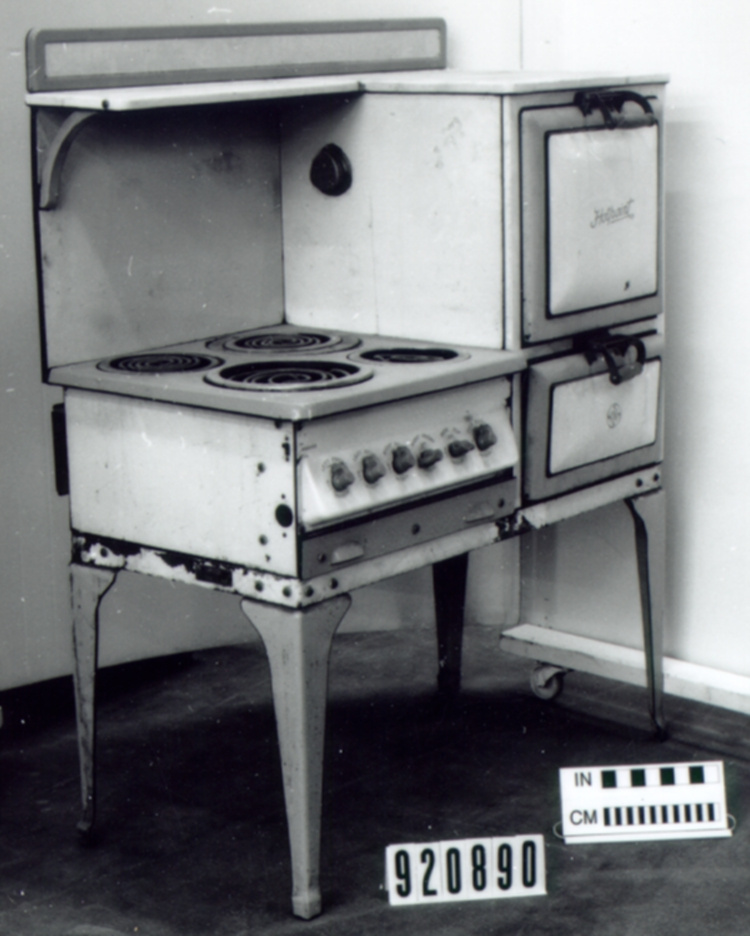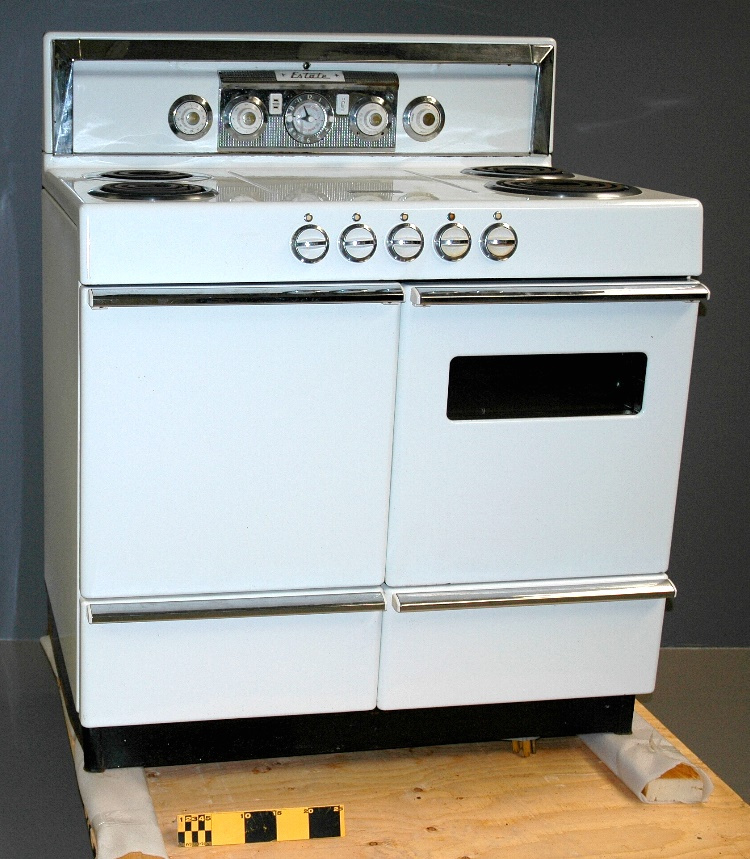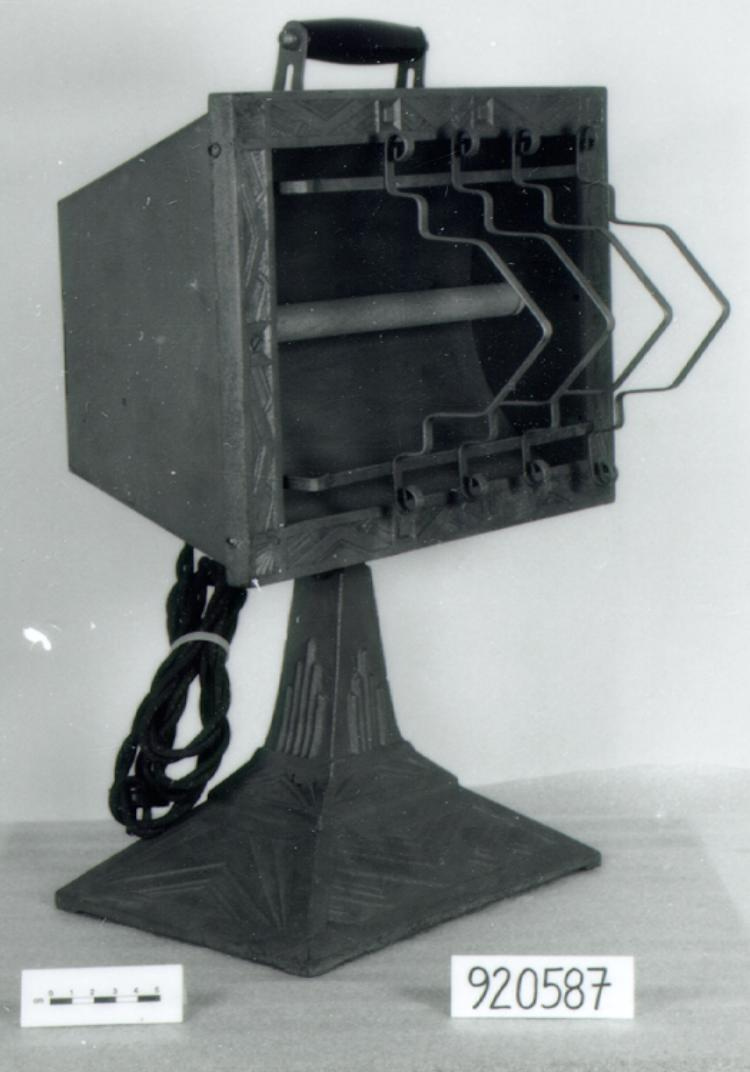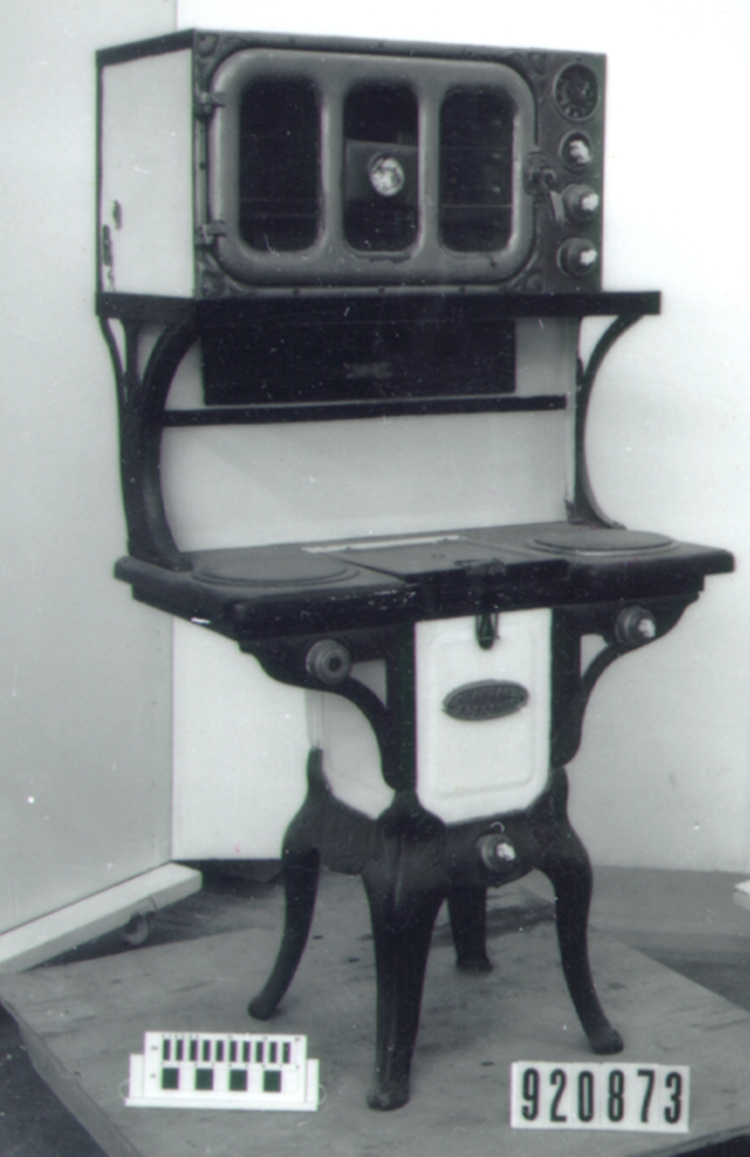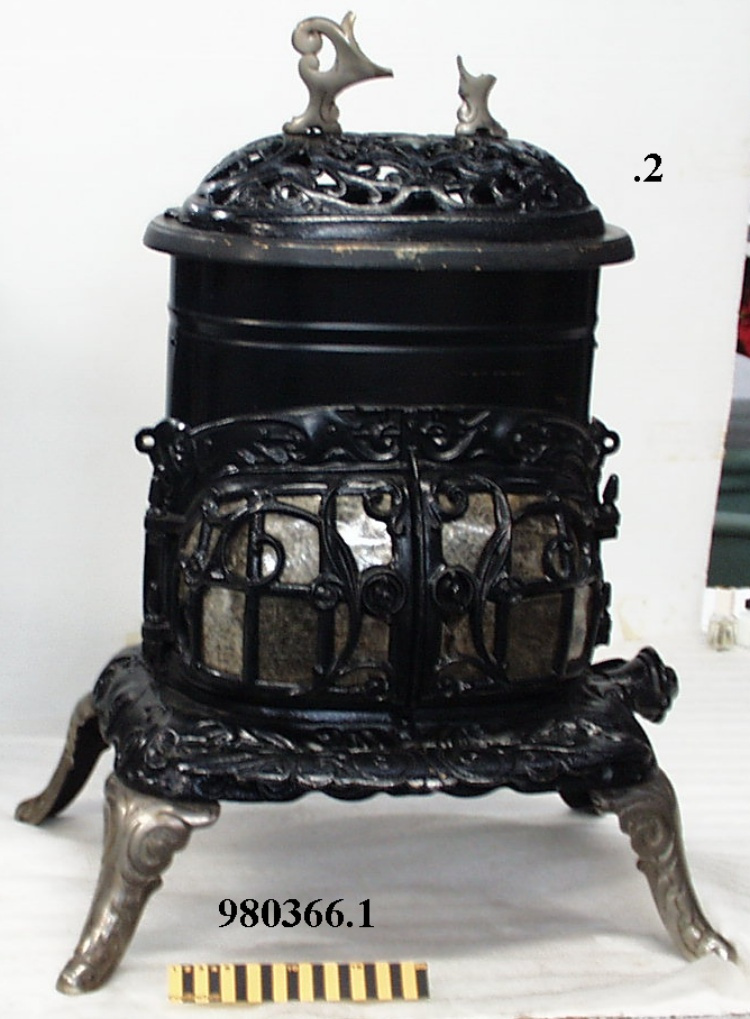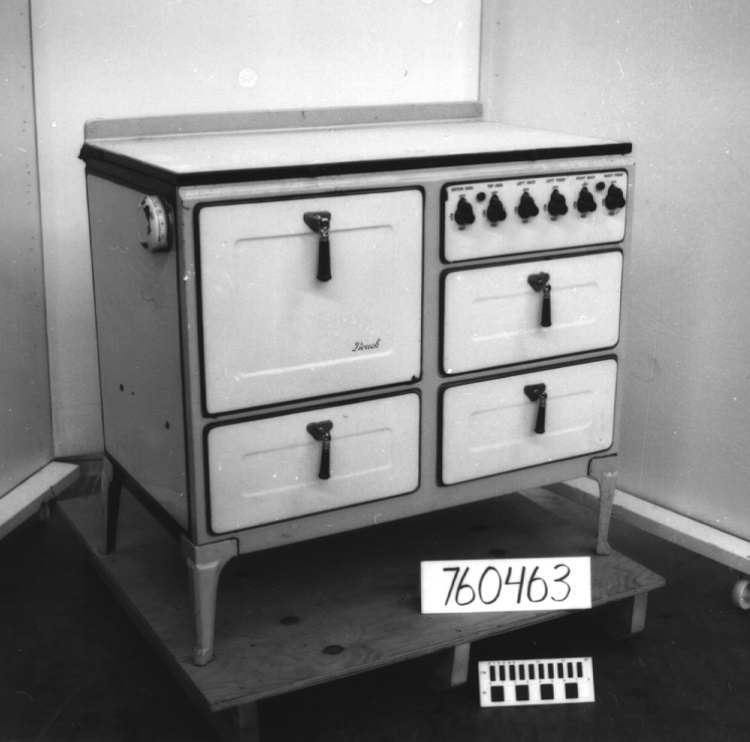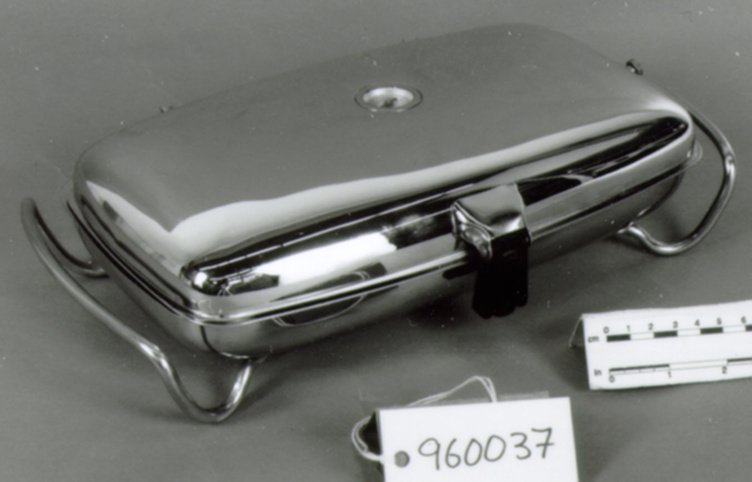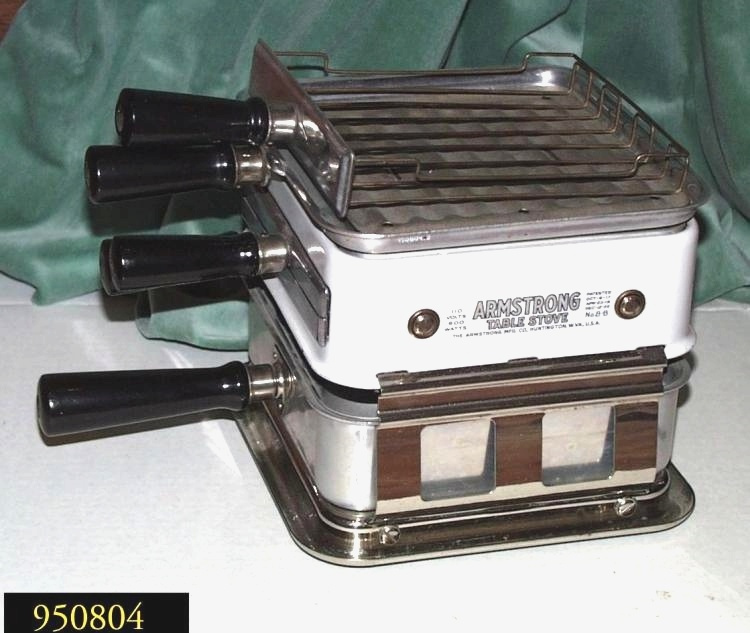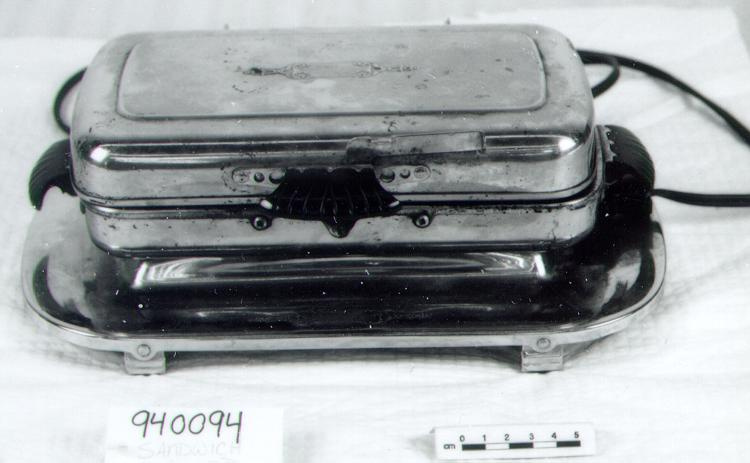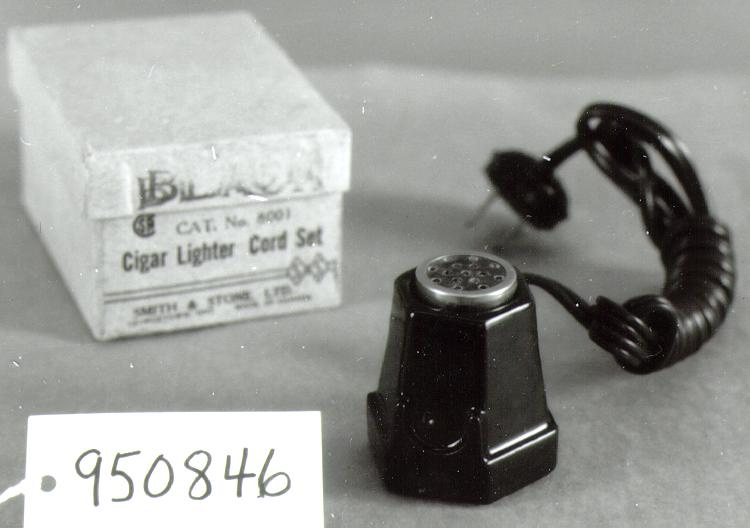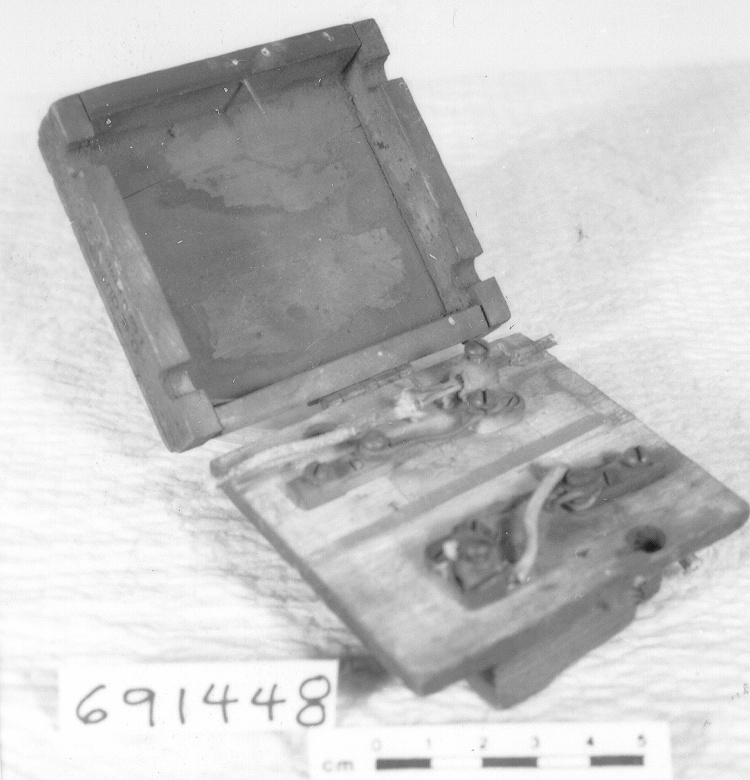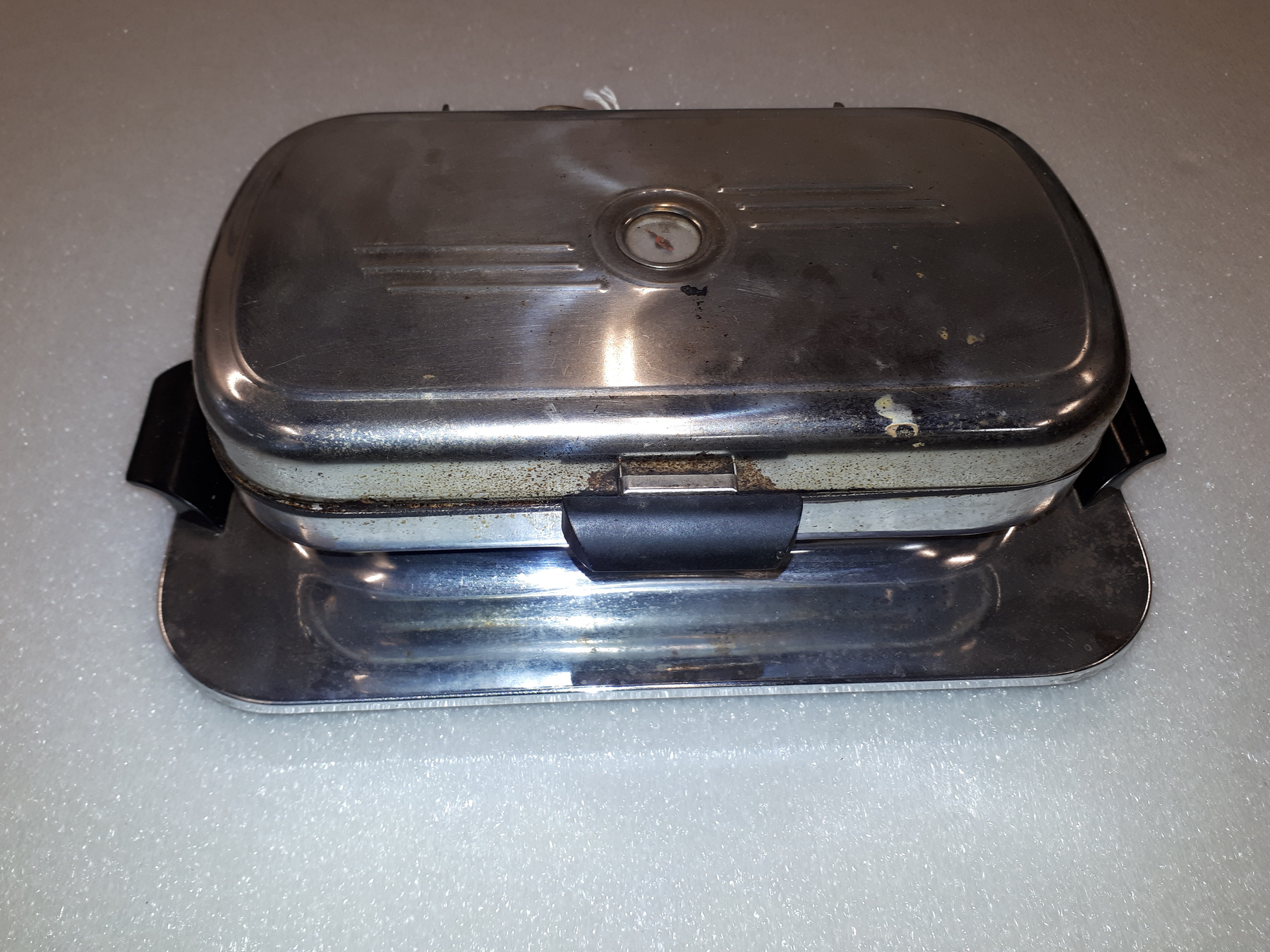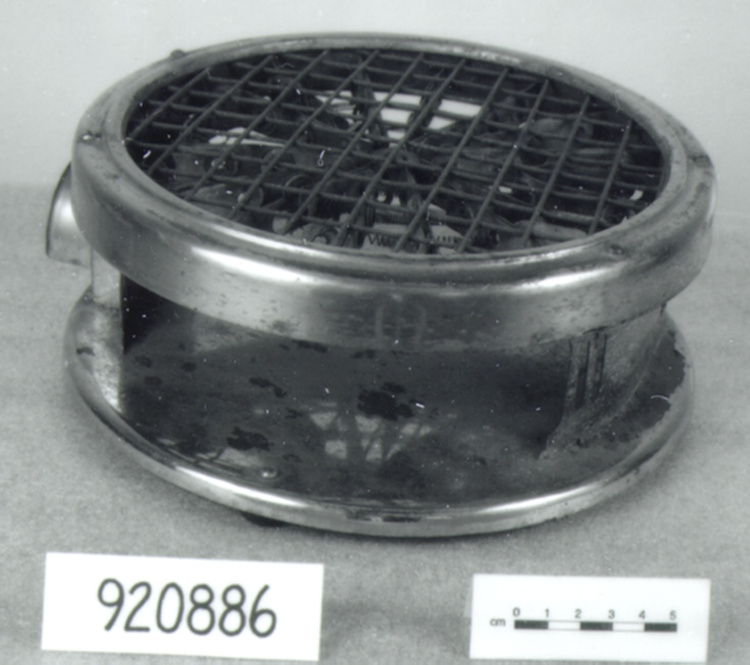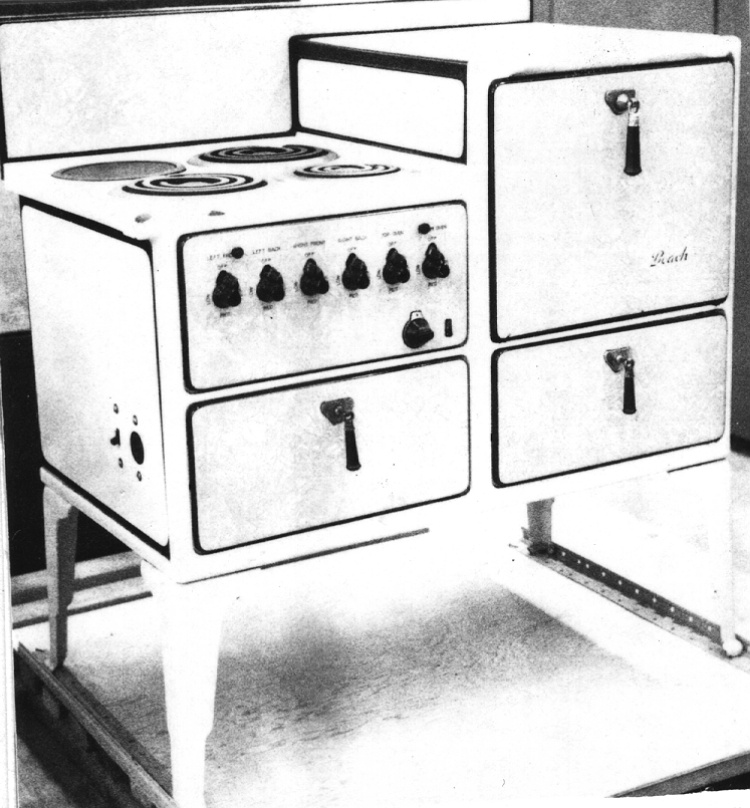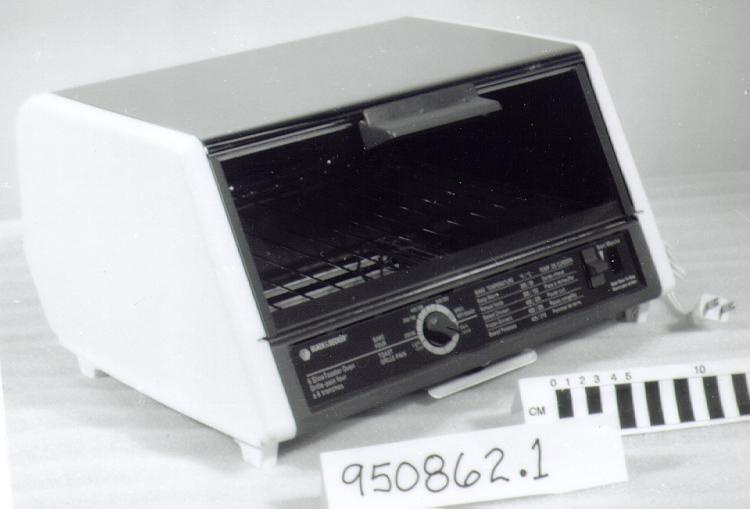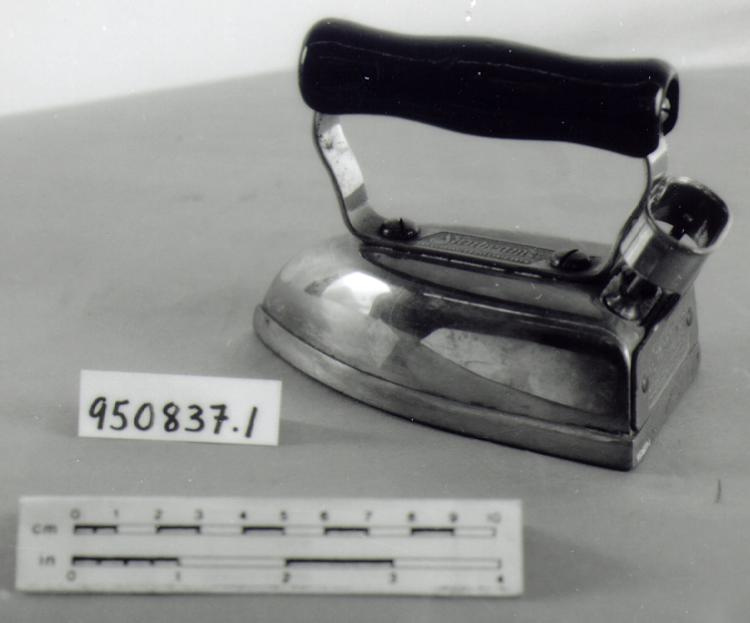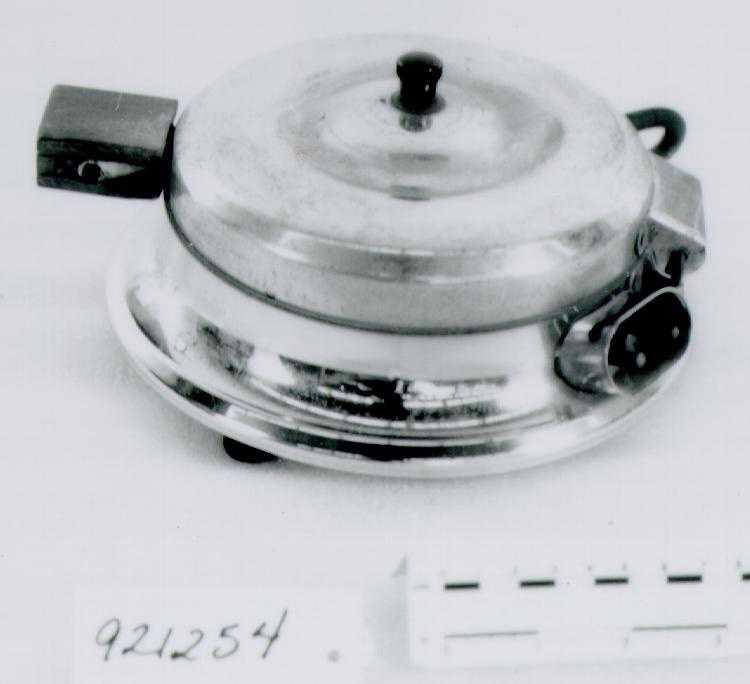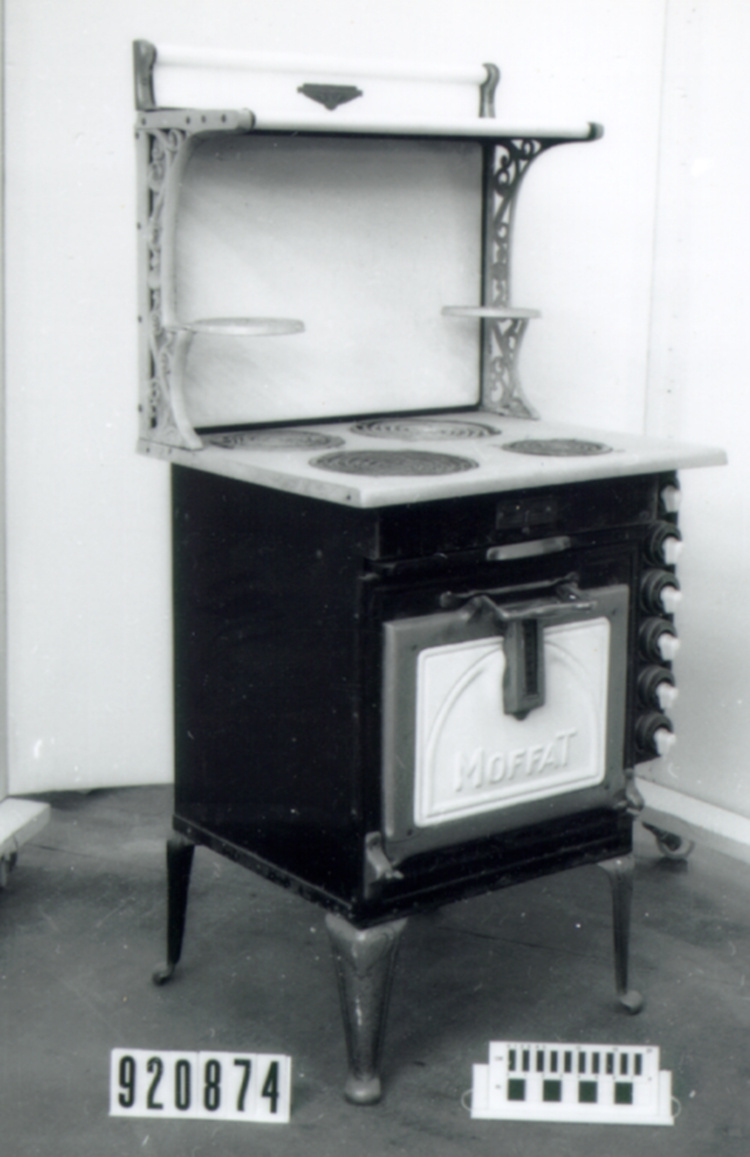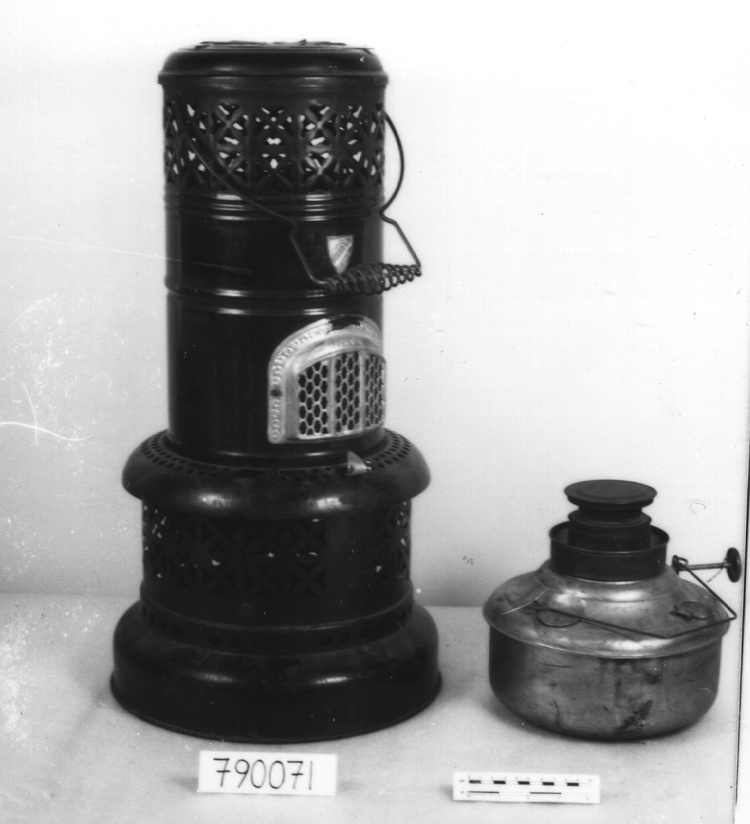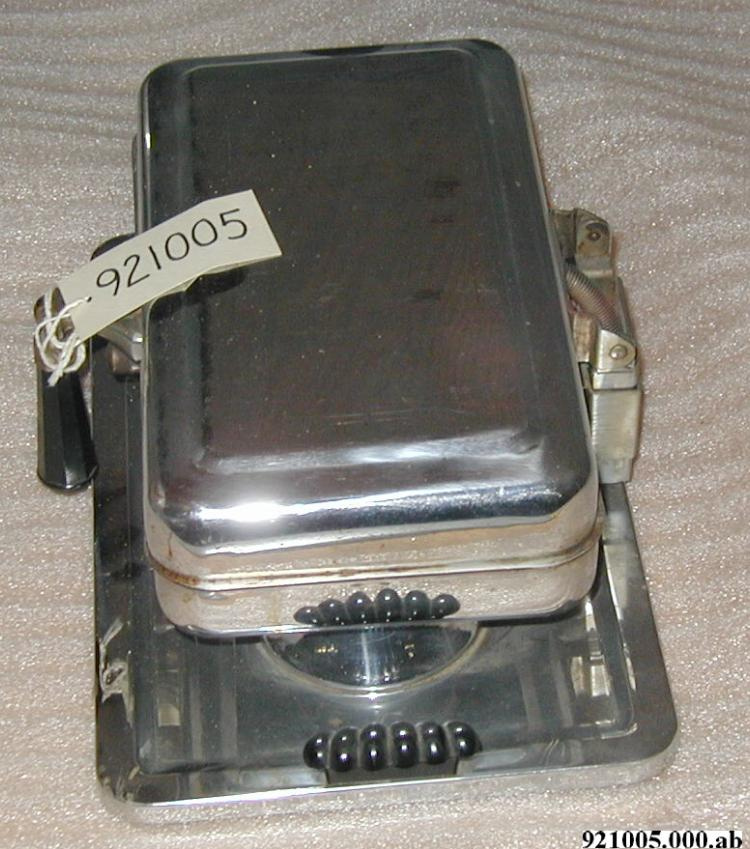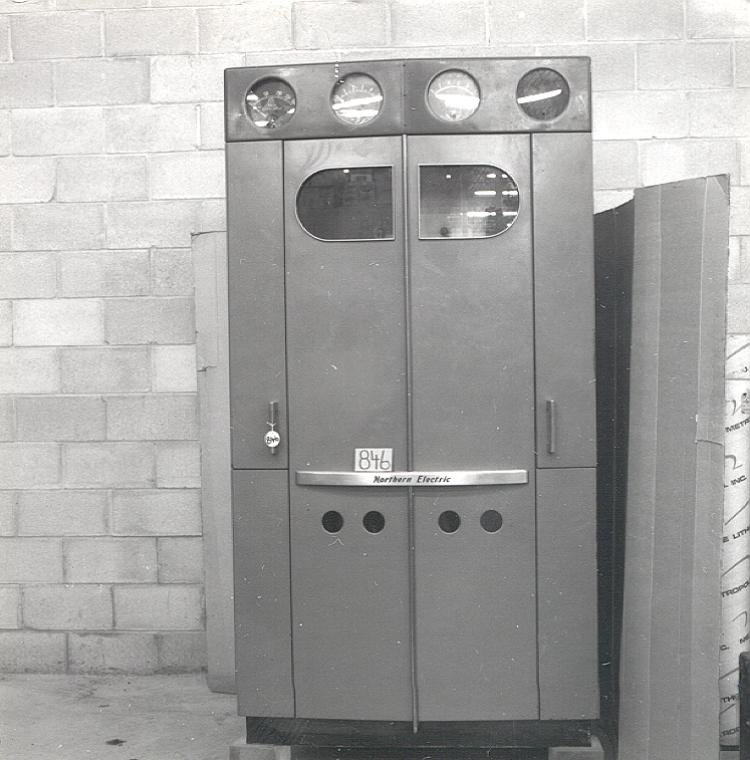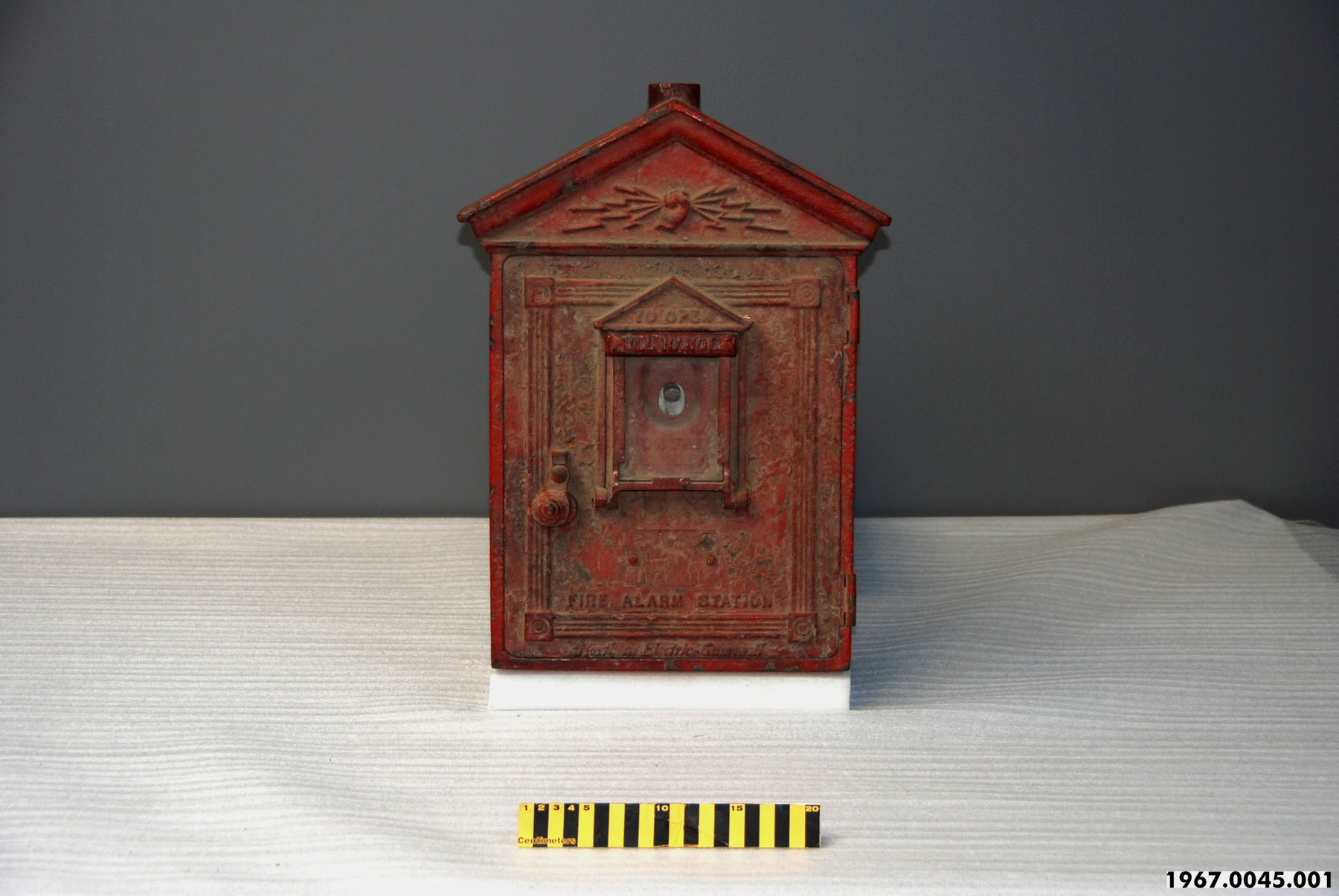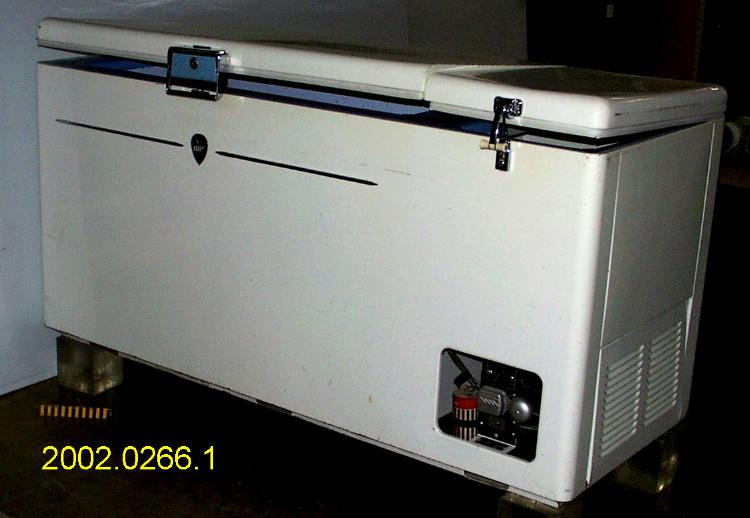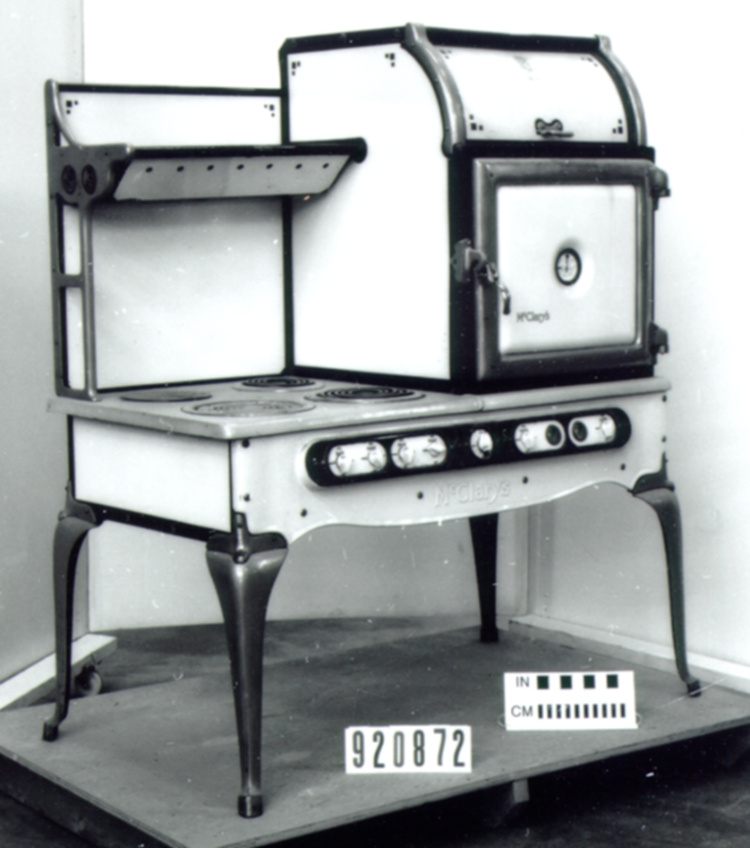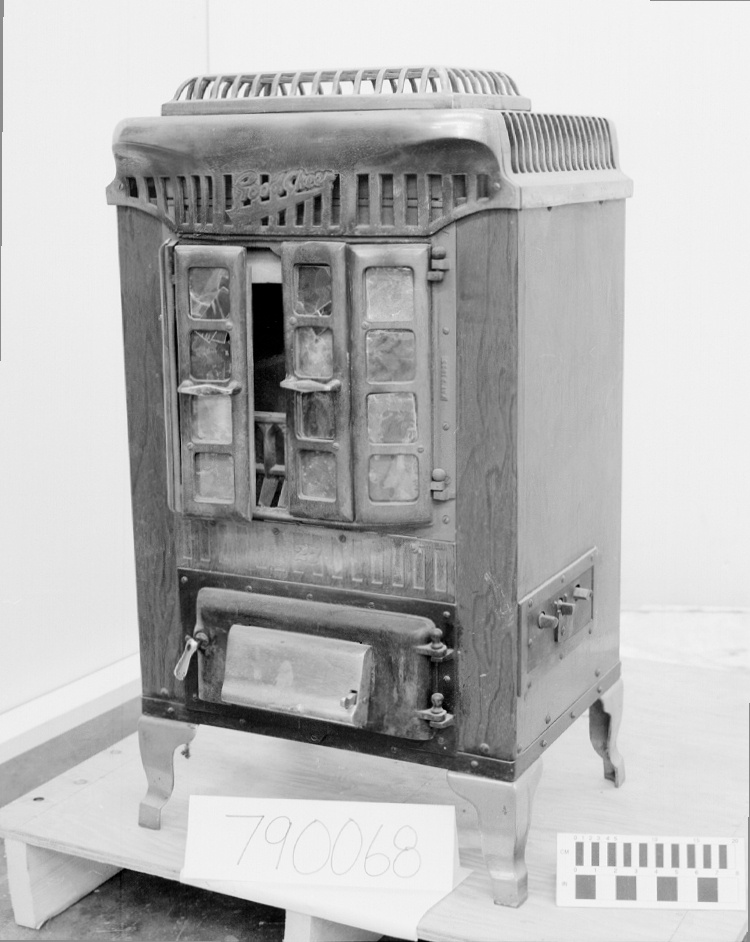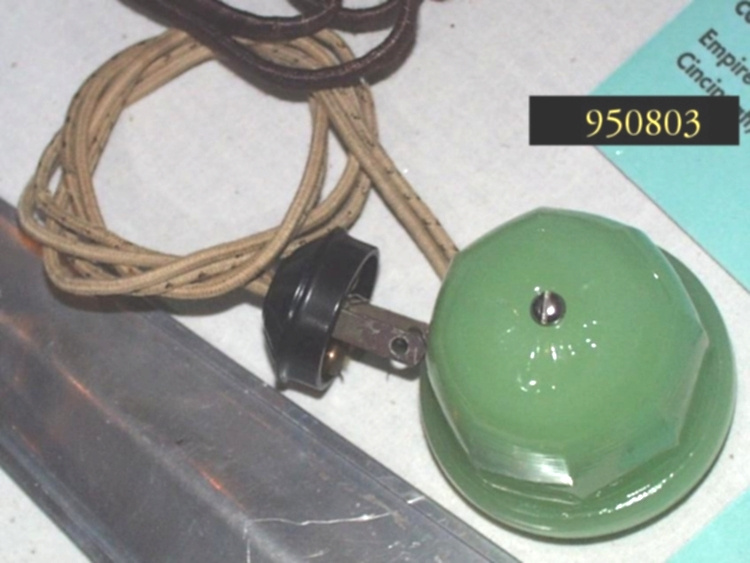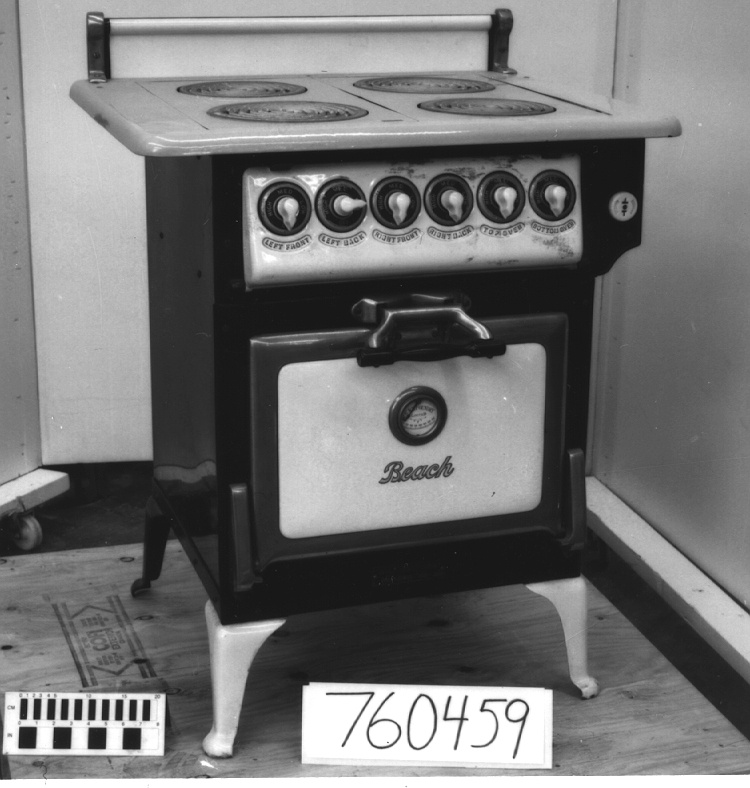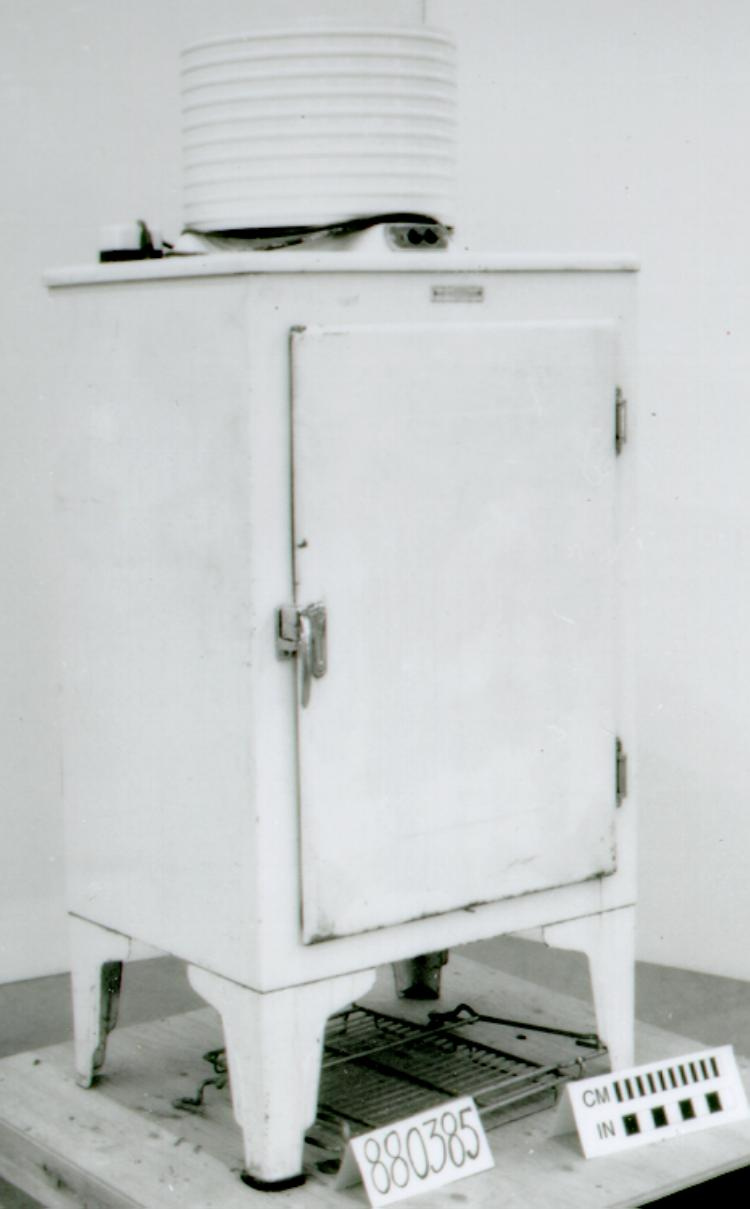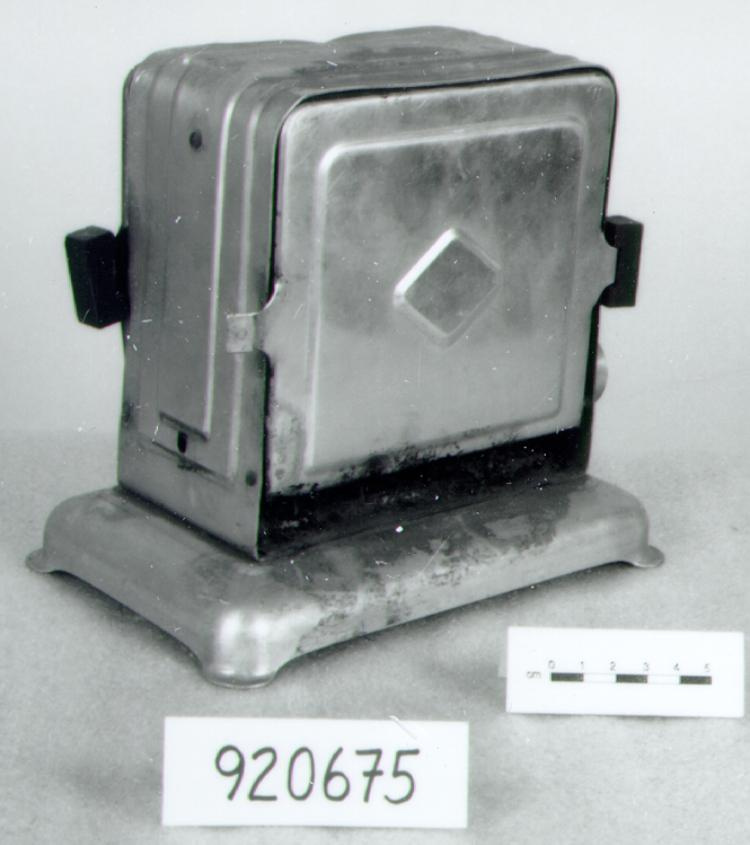Toaster
Use this image
Can I reuse this image without permission? Yes
Object images on the Ingenium Collection’s portal have the following Creative Commons license:
Copyright Ingenium / CC BY-NC-ND (Attribution-NonCommercial 4.0 International (CC BY-NC 4.0)
ATTRIBUTE THIS IMAGE
Ingenium,
1992.0675.001
Permalink:
Ingenium is releasing this image under the Creative Commons licensing framework, and encourages downloading and reuse for non-commercial purposes. Please acknowledge Ingenium and cite the artifact number.
DOWNLOAD IMAGEPURCHASE THIS IMAGE
This image is free for non-commercial use.
For commercial use, please consult our Reproduction Fees and contact us to purchase the image.
- OBJECT TYPE
- ELECTRIC/REVERSING SIDE PANEL
- DATE
- 1940
- ARTIFACT NUMBER
- 1992.0675.001
- MANUFACTURER
- AMCA Industries Ltd.
- MODEL
- AM2
- LOCATION
- Montréal, Québec, Canada
More Information
General Information
- Serial #
- N/A
- Part Number
- 1
- Total Parts
- 1
- AKA
- N/A
- Patents
- N/A
- General Description
- PRESSED ALUMINUM BASE, HOUSING & PANELS/ WIRE ELEMENTS WRAPPED AROUND SHEET MICA ELEMENT CORES/ METAL WIRE GRILLS/ WOOD HANDLES ON SIDE PANELS
Dimensions
Note: These reflect the general size for storage and are not necessarily representative of the object's true dimensions.
- Length
- 19.9 cm
- Width
- 12.7 cm
- Height
- 18.0 cm
- Thickness
- N/A
- Weight
- N/A
- Diameter
- N/A
- Volume
- N/A
Lexicon
- Group
- Domestic Technology
- Category
- Food processing
- Sub-Category
- N/A
Manufacturer
- AKA
- AMCA
- Country
- Canada
- State/Province
- Québec
- City
- Montréal
Context
- Country
- Unknown
- State/Province
- Unknown
- Period
- Unknown
- Canada
-
When this Canadian-made toaster was being produced, the majority of Canadian homes had access to electricity. Prior to this, toasters and other electrical appliances were typically used in commercial settings, such as restaurants. Electrification of homes started initially through the introduction of lighting, leading to the development of some toaster cords that plugged into lightbulb sockets (Ref.1). In 1917, the two-prong system for electrical plugs was established and standardized across North America (Ref.1), and by the 1920s it became more affordable to bring electricity into the home. Between 1941-1951, the percentage of homes with electricity increased significantly, from 69.1% of homes, to 87.8%, with higher percentages in urban regions of the country (Ref. 2). To encourage further use of electricity in homes during low-peak hours, electric companies in Canada began to encourage use of electrical appliances. These companies targeted women in their marketing, promoting the benefits of appliances to reduce workload in the kitchen. Showrooms were set up across Canada by various electric manufacturers, inviting women to view various electrical appliances (Ref.1). As Canadians were introduced to the benefits of electricity in the kitchen, there was initially higher uptake of small electric appliances, such as toasters and irons, than the larger appliances. Between 1952-1960, the total number of toasters that were manufactured in Canada increased from 198,200 to 278,567 toasters total, or a total value of $1.2 million to $2.6 million (Ref.3). By 1931, 40% of homes across Canada owned a toaster (Ref.2). - Function
-
To toast bread on one side at a time, metal doors open to hold toast, and are reopened to flip bread manually when toasting other side. Can toast up to two slices of bread at once. - Technical
-
The toaster is made of metal and geometric in form. The simple geometric ornamentation on the doors reflect an art deco style (Ref. 4). Wire is wrapped around mica sheets to create a heating element for the toast, an approach that is used in the design of toaster components to this day. This toaster features flip-down doors, a functional design choice that protects the user from coming in direct contact with a hot element. The toaster requires that the user attends to the appliance and turns the toast by hand to ensure even toasting on both sides. Due to human error however, this often led to burnt toast. This design flaw eventually led to the development of the pop-up toaster in 1919 (Ref.5) - Area Notes
-
Unknown
Details
- Markings
- INCISED PRINTING ON UNDERSIDE OF BASE READS: 'MODEL AM2/ AMCA INDUSTRIES LIMITED/ MONTREAL/ CSA APP. NO. 8088/ 110 120 VOLTS 400W/ MADE IN CANADA'
- Missing
- ELECTRICAL CORD/ HANDLE ON BREAD DOOR From CA of 03/15/1994 by Tony Missio: Yes - missing cord, one handle from flap
- Finish
- BASE, HOUSING & PANELS ALUMINUM UNFINISHED & POLISHED/ ELEMENT CORES GRAY MICA/ HANDLES WOOD PAINTED BLACK
- Decoration
- RAISED RECTANGULAR PANEL, WITH RAISED DIAMOND AT CENTRE, ON DOORS/ RAISED BANDS ON TOP EXTEND DOWN SIDES
CITE THIS OBJECT
If you choose to share our information about this collection object, please cite:
AMCA Industries Ltd., Toaster, circa 1940, Artifact no. 1992.0675, Ingenium – Canada’s Museums of Science and Innovation, http://collections.ingeniumcanada.org/en/id/1992.0675.001/
FEEDBACK
Submit a question or comment about this artifact.
More Like This
